
It's one of the most difficult things to do on a daily basis, but perhaps the most important. Taking care of your stomach, and making sure you help your body have the best possible digestion, should be a priority in your every day life, but it does get complicated. However, there are some natural and home made remedies you can use to help keep a better intestinal balance and maintain a healthy digestive process.
More in MamásLatinas: 40 Smoothies & green juices to drop the pounds fast
While it's not always easy to remember to take care of our tummy, it's potentially one of the best investements we can make everyday. A bloated stomach or a poor digestion can become a nuisance that affects many other areas of our lives. Fortunately, there are very simple and straightforward home remedies we can use to help us deal with intestinal issues and enjoy a much higher quality of life.
We've put together a list of some of the best techiques and recipes you can put to good use to ensure a healthy digestion.
Apple cider vinegar is a great remedy to balance your intestinal acidity.
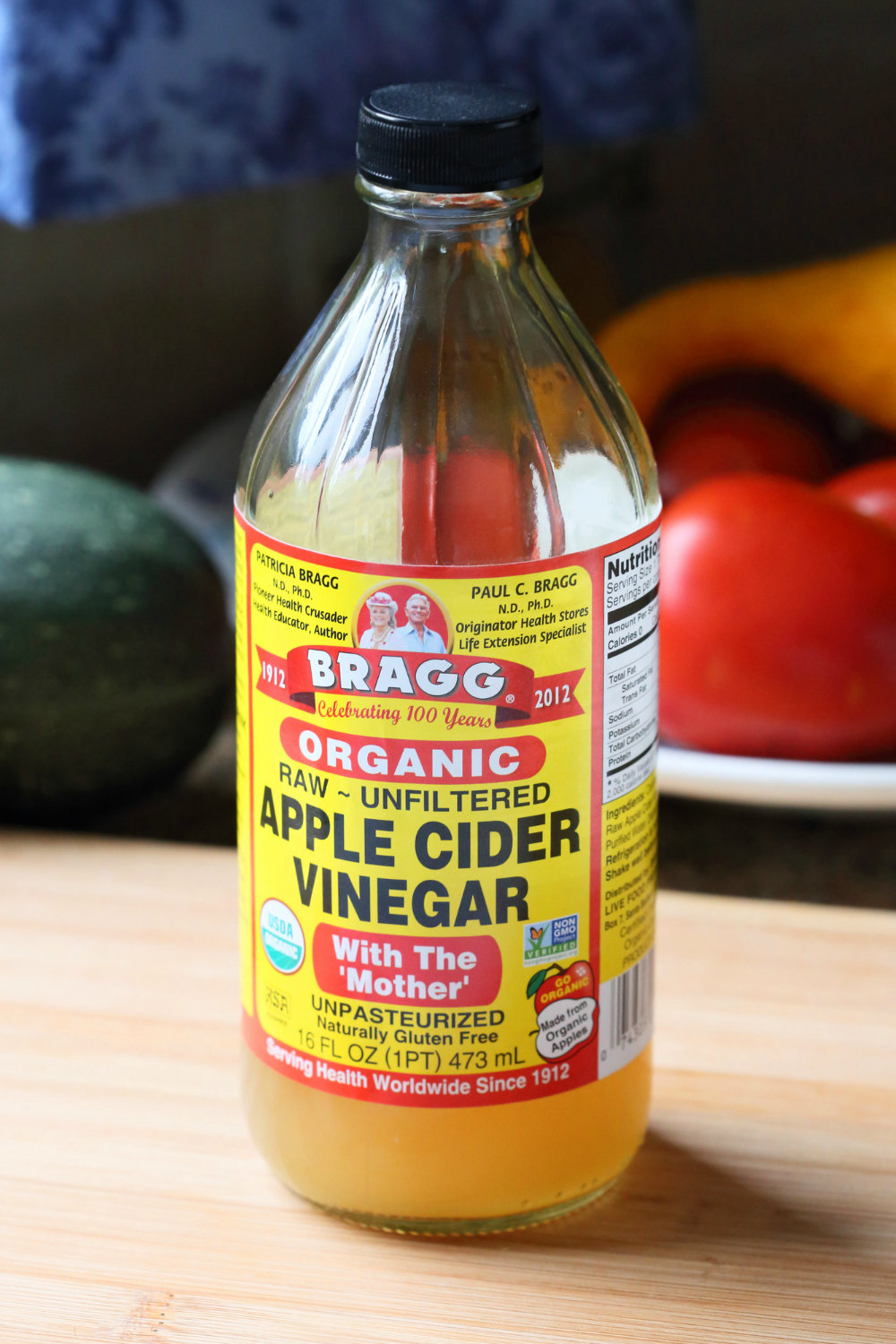
It's a natural way of rebooting your stomach every morning, and you can enjoy it in a few different ways.
If the acid taste is too much for you, you can mix it with a bit of honey.
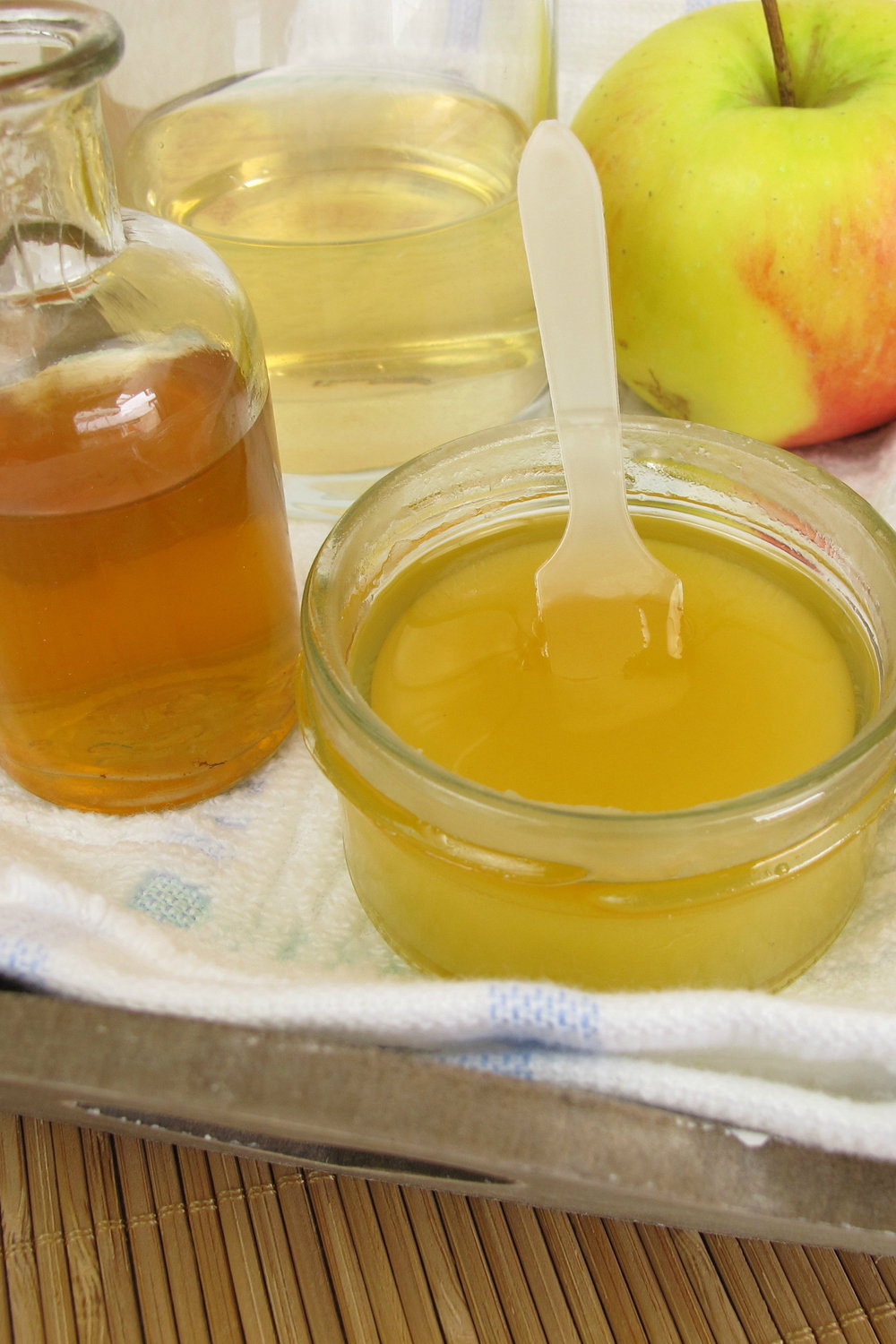
You can spread this on toast, eat with some creamy cheese or even use it as a sweetener on your tea.
Two tablespoons of apple cider vinegar with water every morning will work wonders on your tummy.
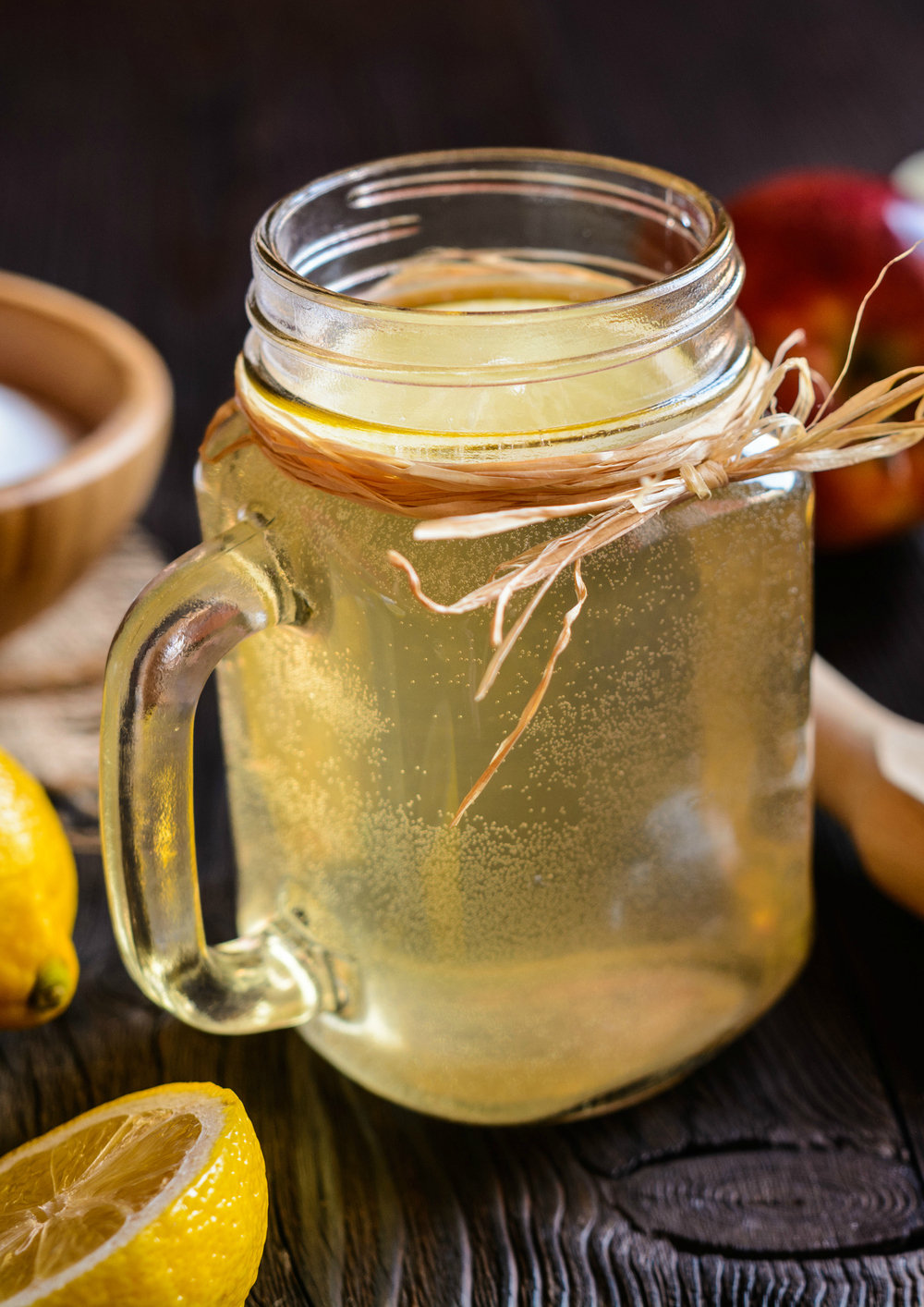
If you can't deal with the taste, try adding a bit of lemon and using soda water for a more refreshing experience in the morning.
On warm winter nights, you can enjoy a hot apple cider vinegar drink with some honey.
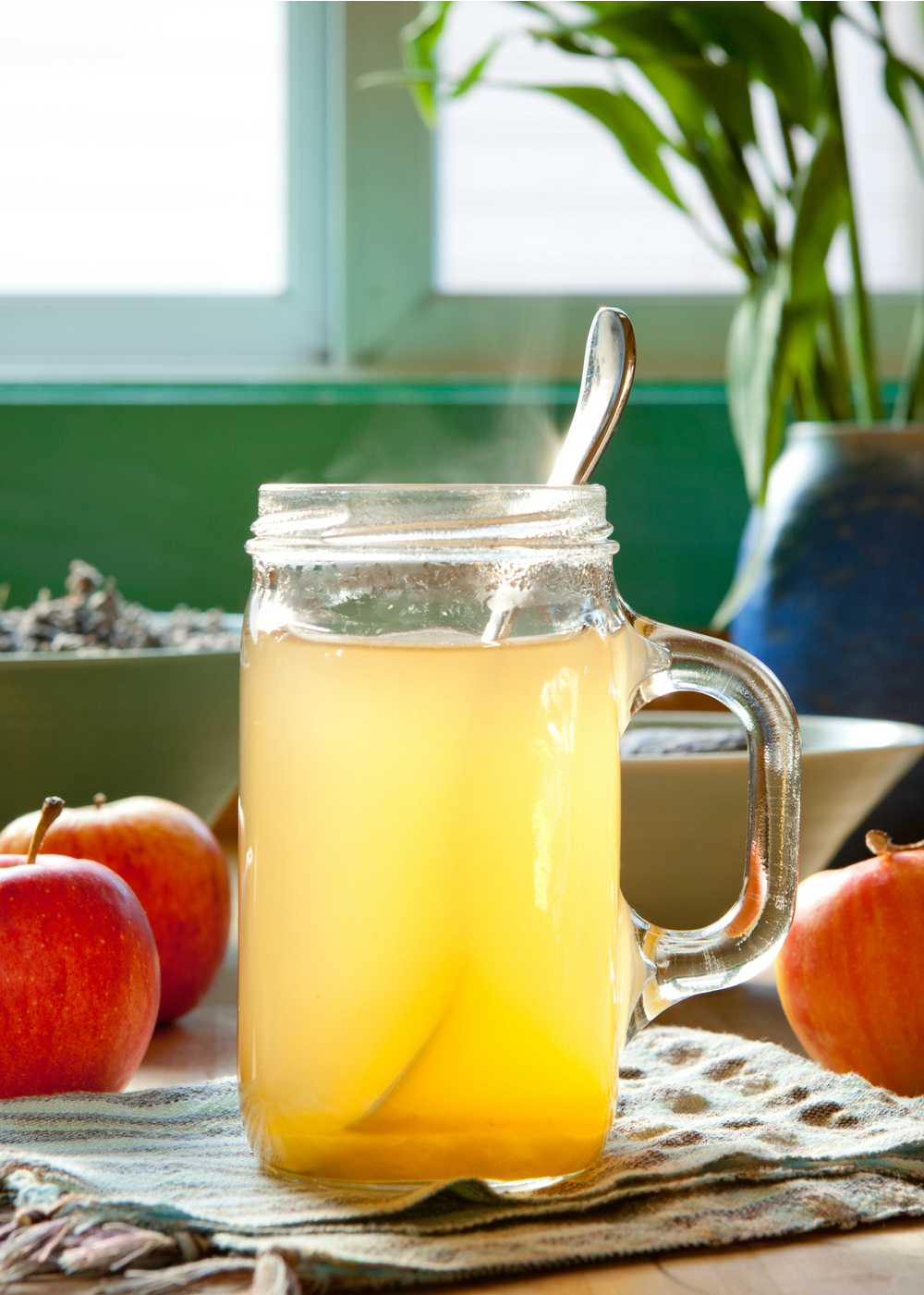
It's basically a hot tea that will help you balance the acidity in your intestinal organs and make you feel much better right before bed.
Asafetida is a great and powerful antioxidant that will help your digestion.

It's healing properties are well known in India, where this potent-smelling spice is widely used in many different ways.
You can use asafetida-powdered spice on any dish.
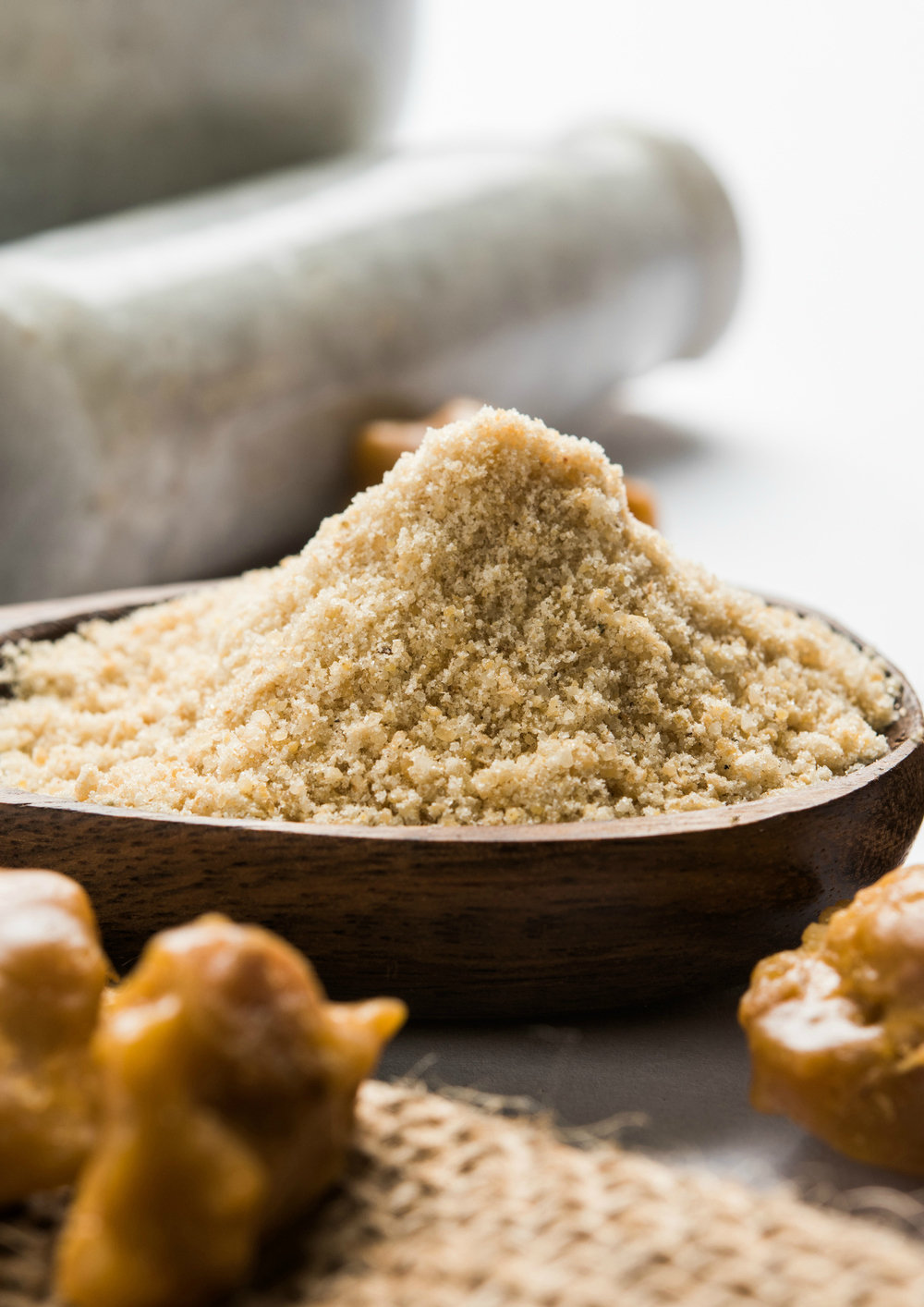
It's flavor is quite noticeable and will take any dish to the next level.
Mix asafetida with some warm water and rub on your baby's tummy for fast relief.
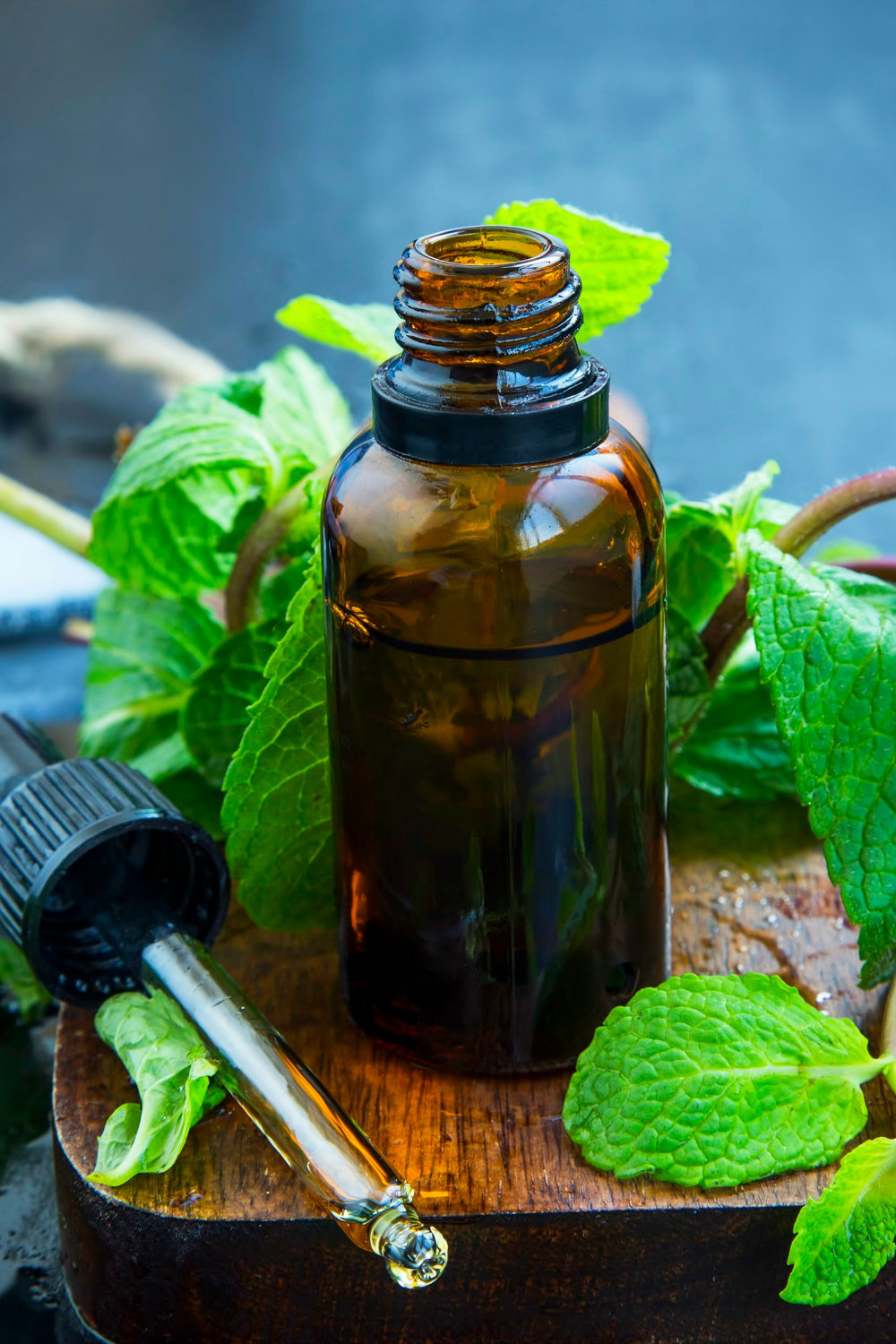
Newborn babies tend to have intestinal problems that are tough to deal with and very uncomfortable for them. You can help relieve them by rubbing a few drops of asafetida on their navel area.
Asafetida cakes can be a great digestive after your meals.
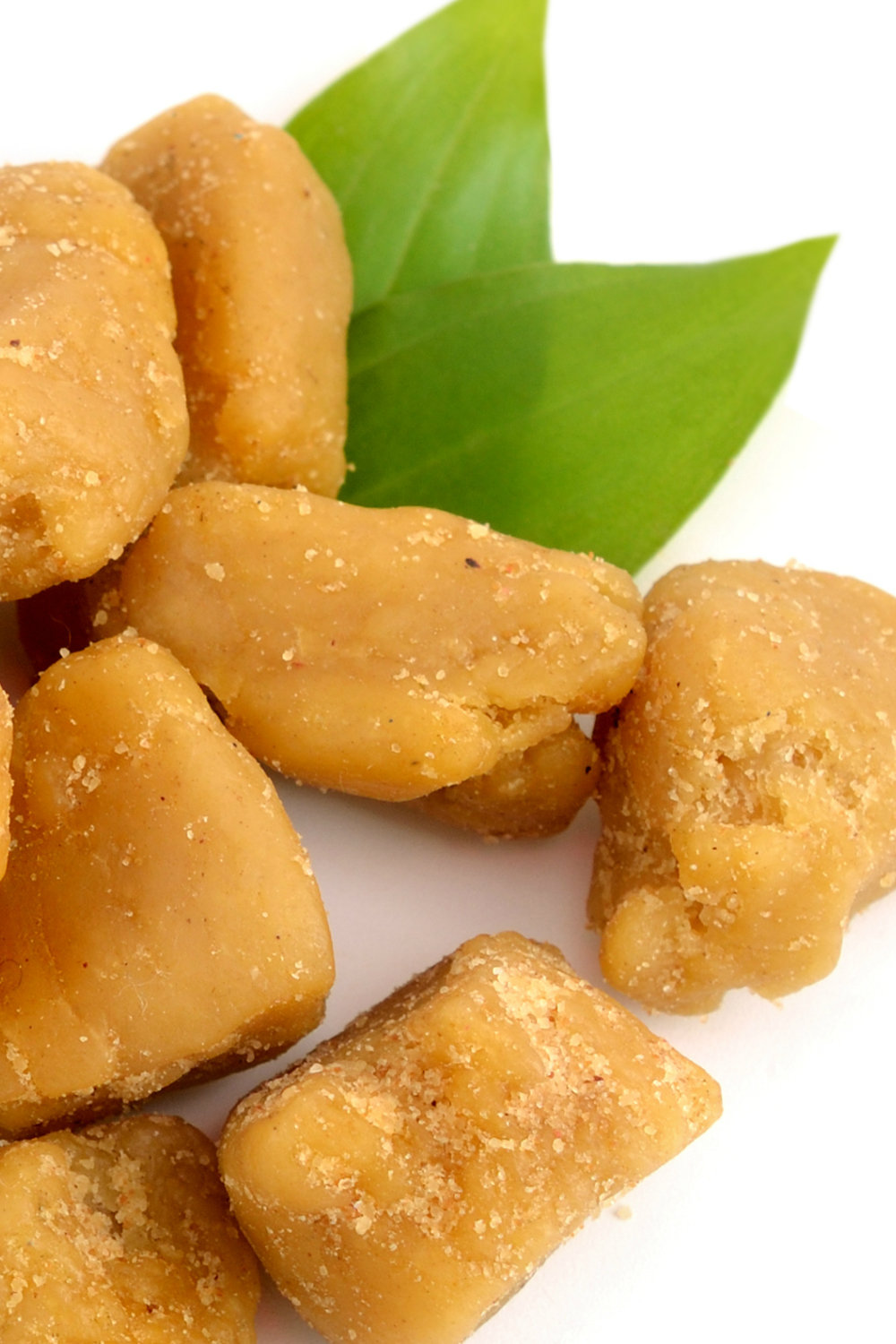
Asafetida stinks, but it's tremendously healthy in helping regulate your digestion. In Afghanistan, it's combined with molasses to create small cake-like sweets that are eaten after meals to satisfy the sugar cravings and to help your intestinal flow.
Coriander has many digestive properties and can heal many ailments of the stomach.
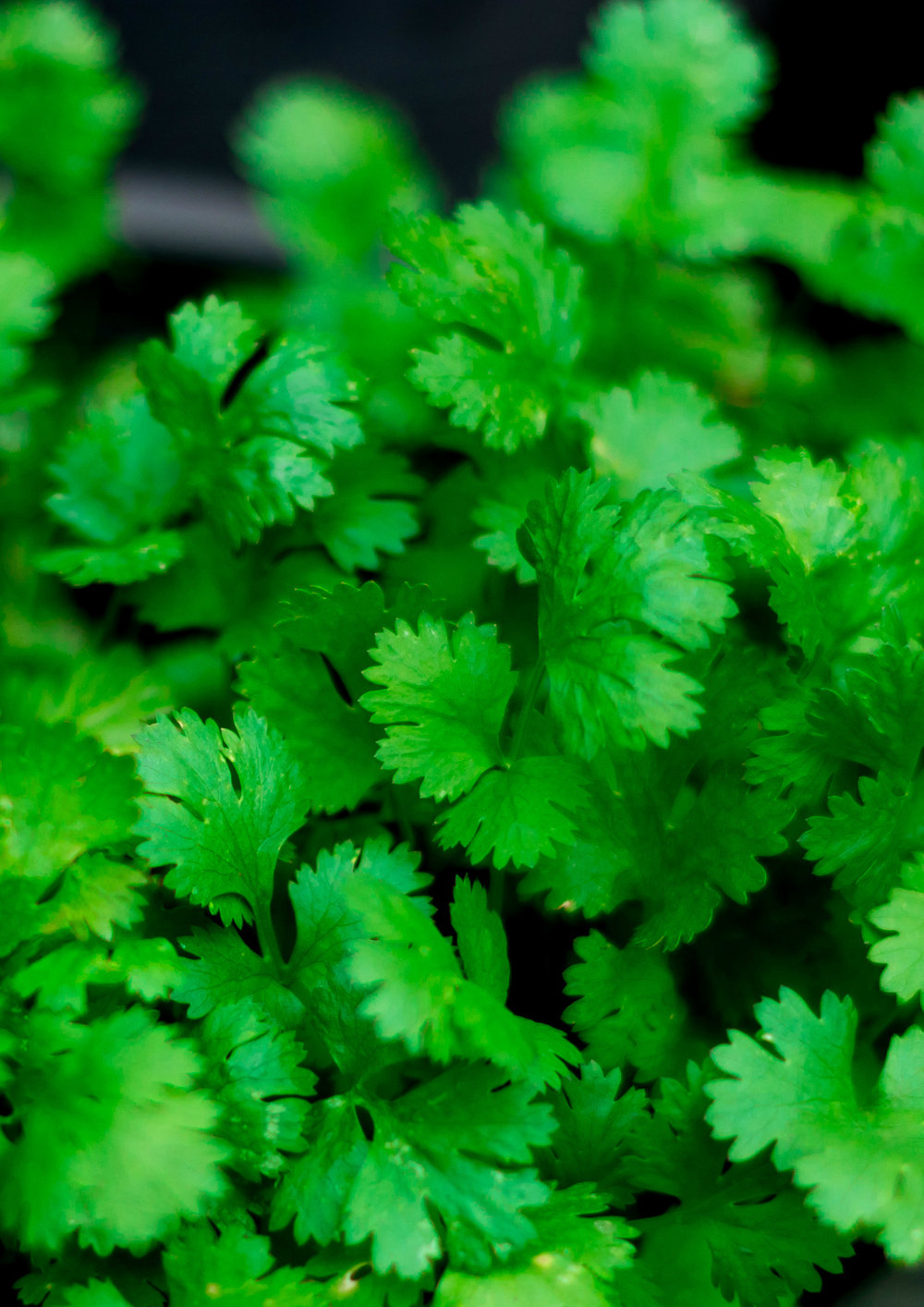
It's a very popular herb in India, used in a multitude of dishes in the country's varied cuisine.
You can make a heavy classic work for you and your stomach.
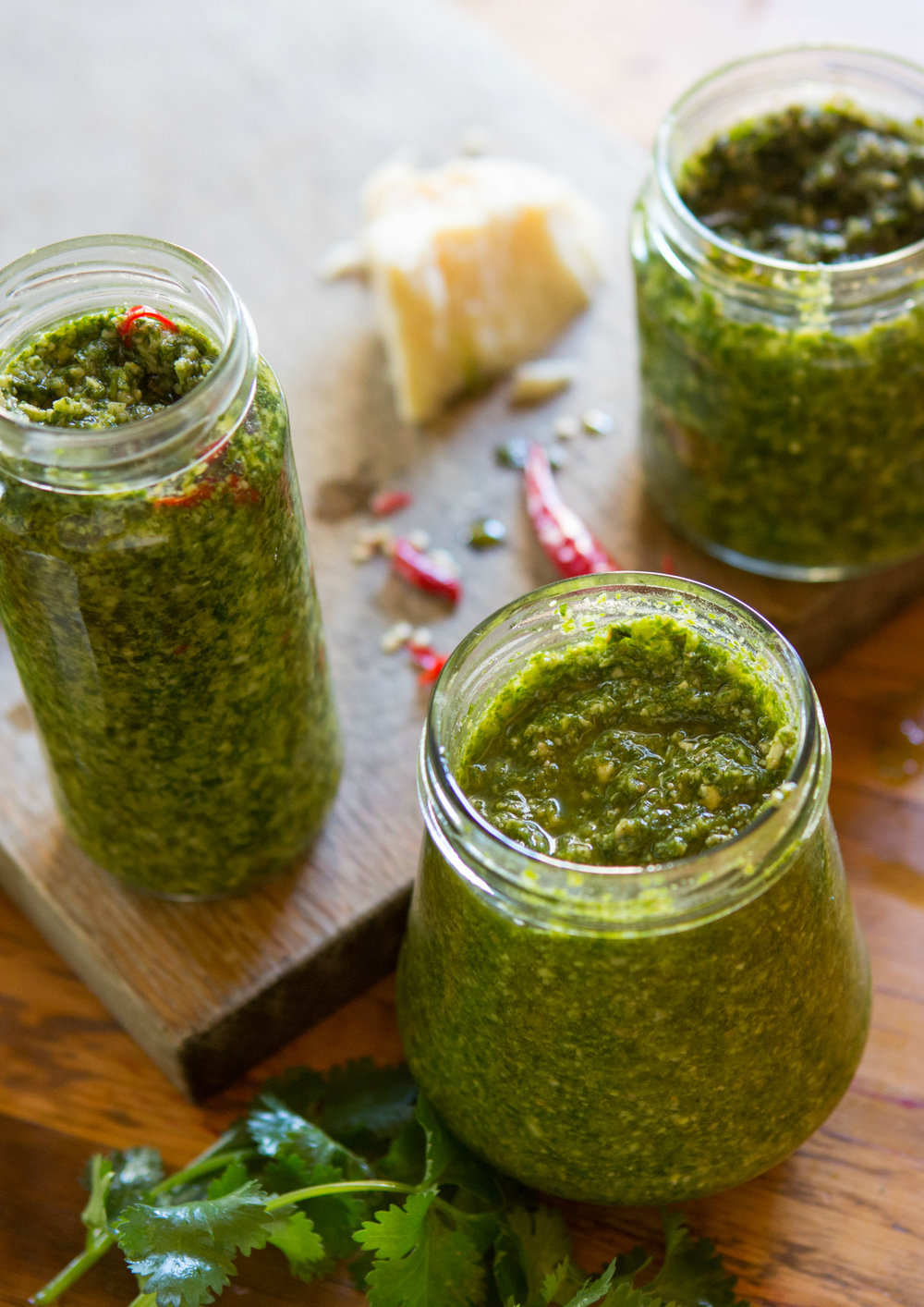
Nothing better than some pasta and pesto sauce to make the heart happy. But the stomach –not so much! Adding some coriander can help you make this classic sauce go much easier on your tummy.
Coriander seeds can be the best complement to any salad.
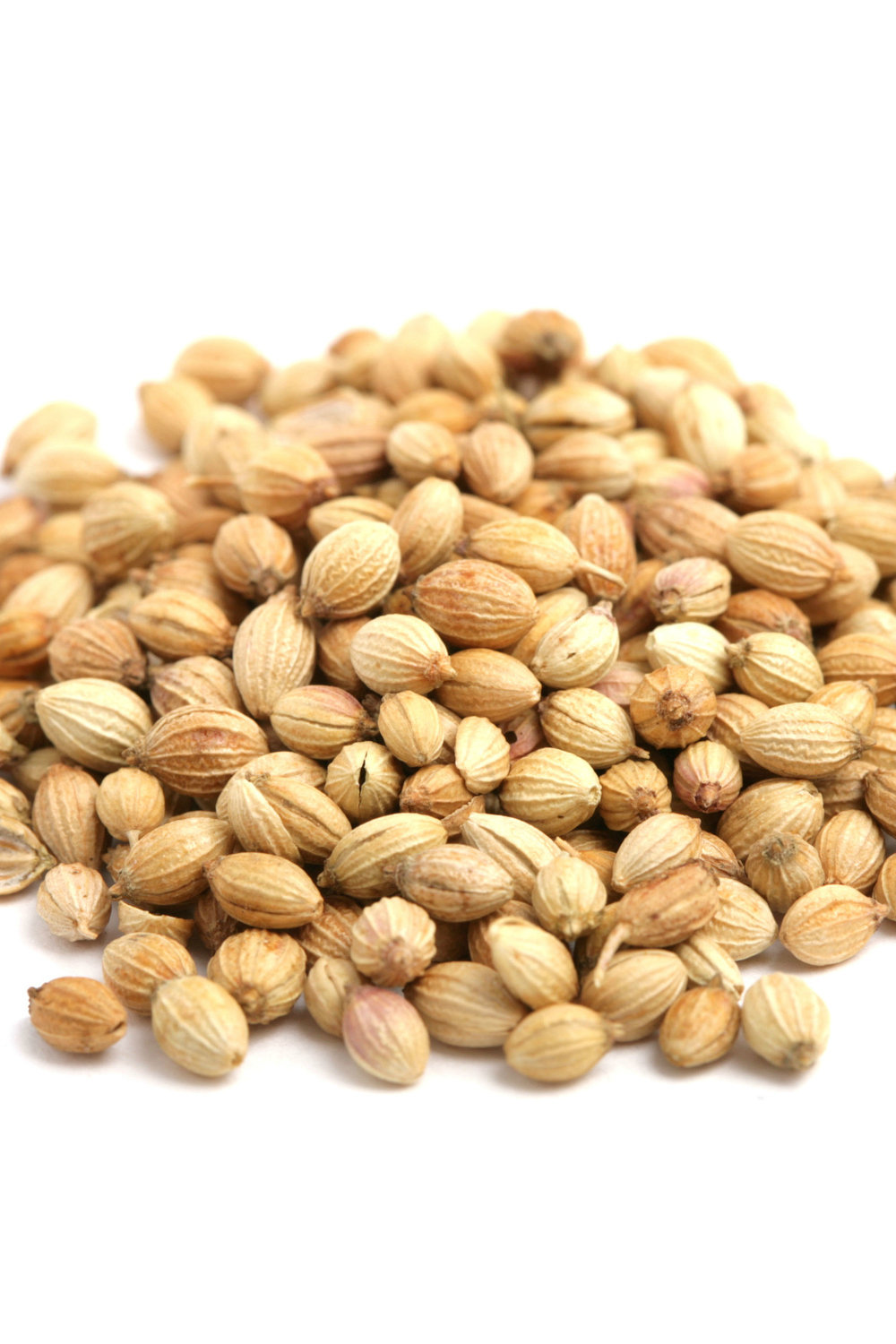
Either dried or grounded, coriander seeds can add a crunchy and healthy kick to any salad.
Boil some water, add some dry coriander, and sip slowly when your stomach feels a bit disheveled.
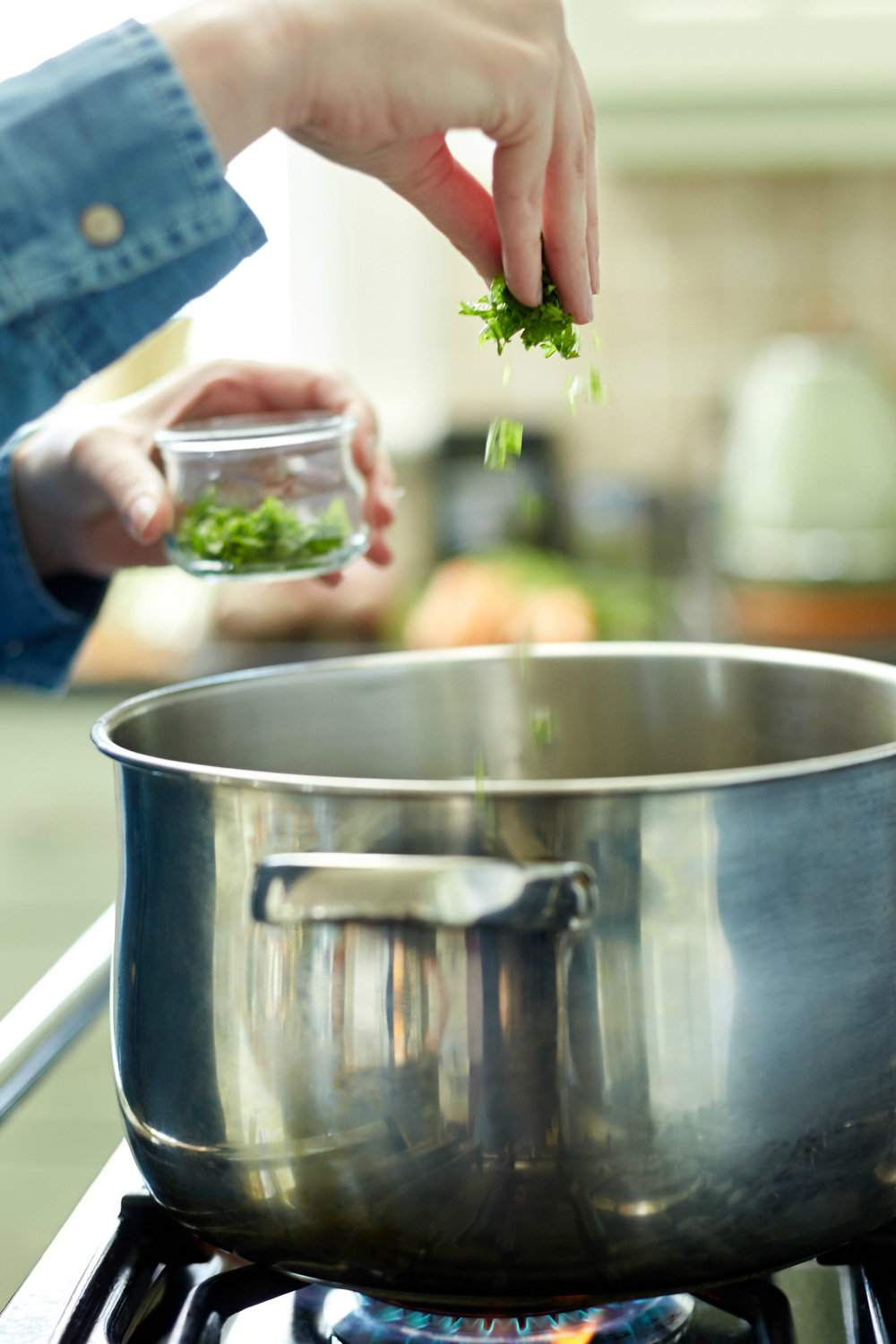
It's definitely not the best-tasting tea you can have, but your stomach will thank you in no time.
Fennel is another powerful herb that can help regulate your digestion.
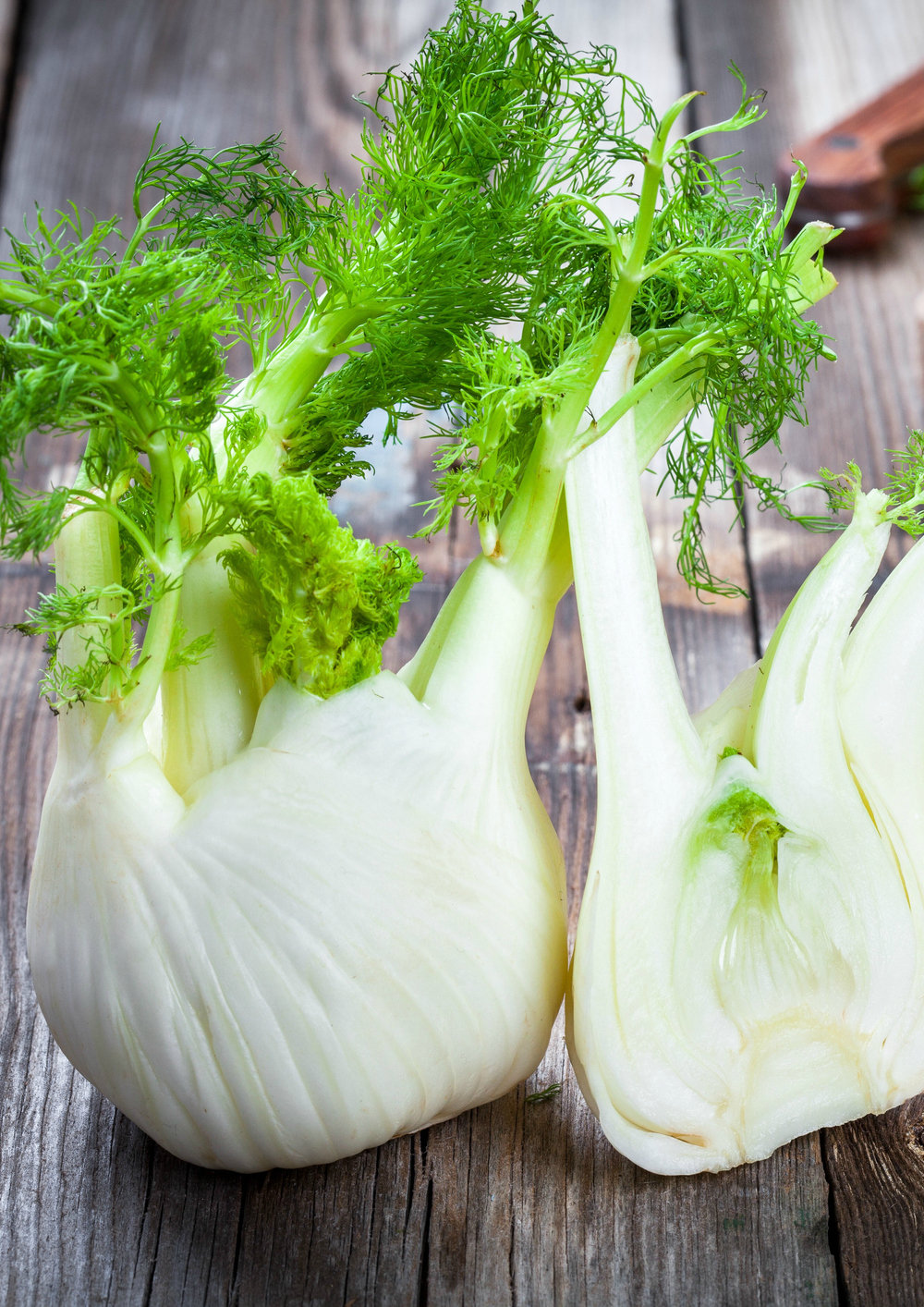
Much like coriander, fennel helps reduce heartburn, lower the acidity in the stomach and control overall indigestion.
Fennel can be chewed after meals to help the digestive process.
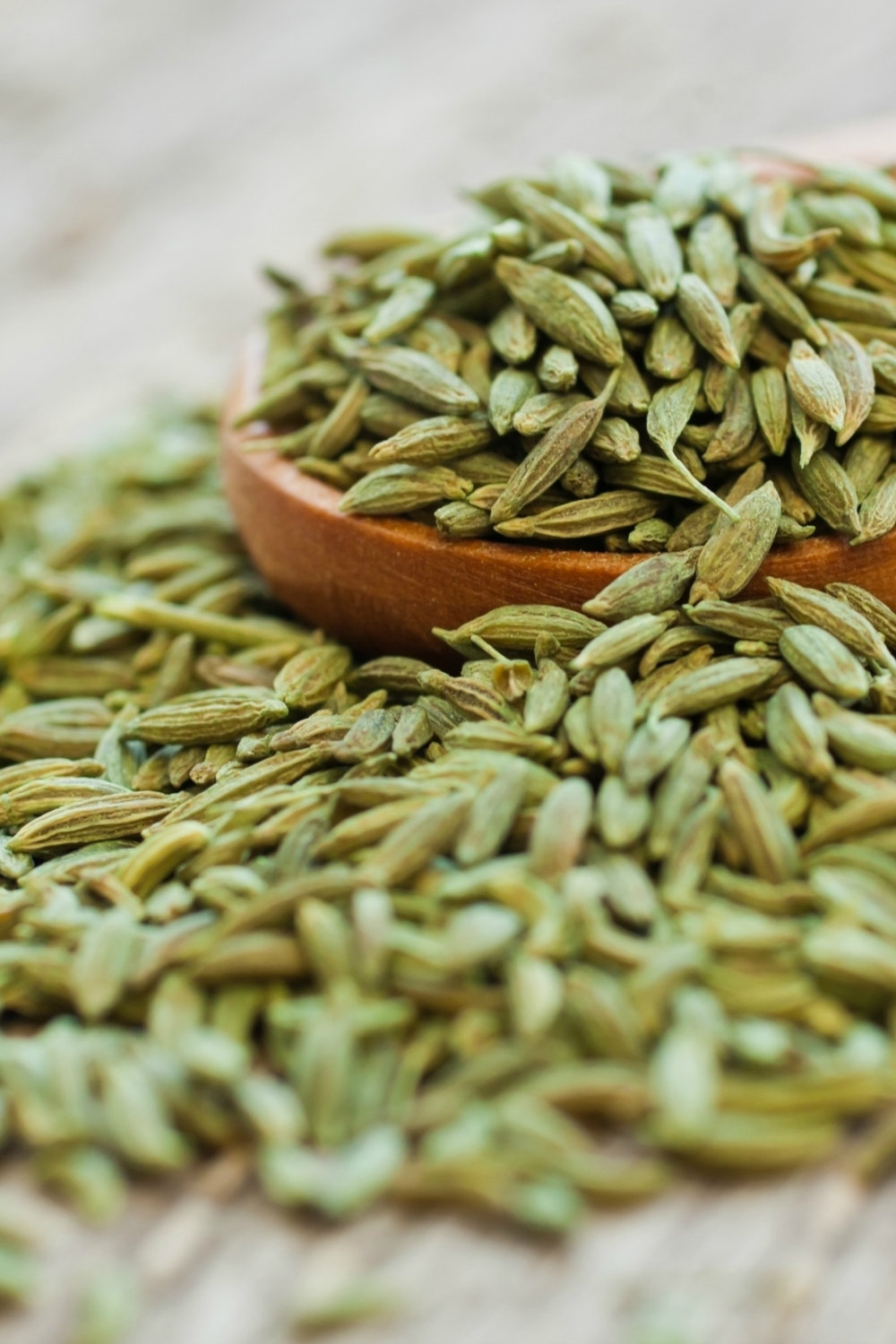
Chew one teaspoon of fennel seeds after a meal for a natural digestive and a mouth freshener, all in one.
If the crunchiness proves too much for you, just brew the seeds and filter for a delicious tea.
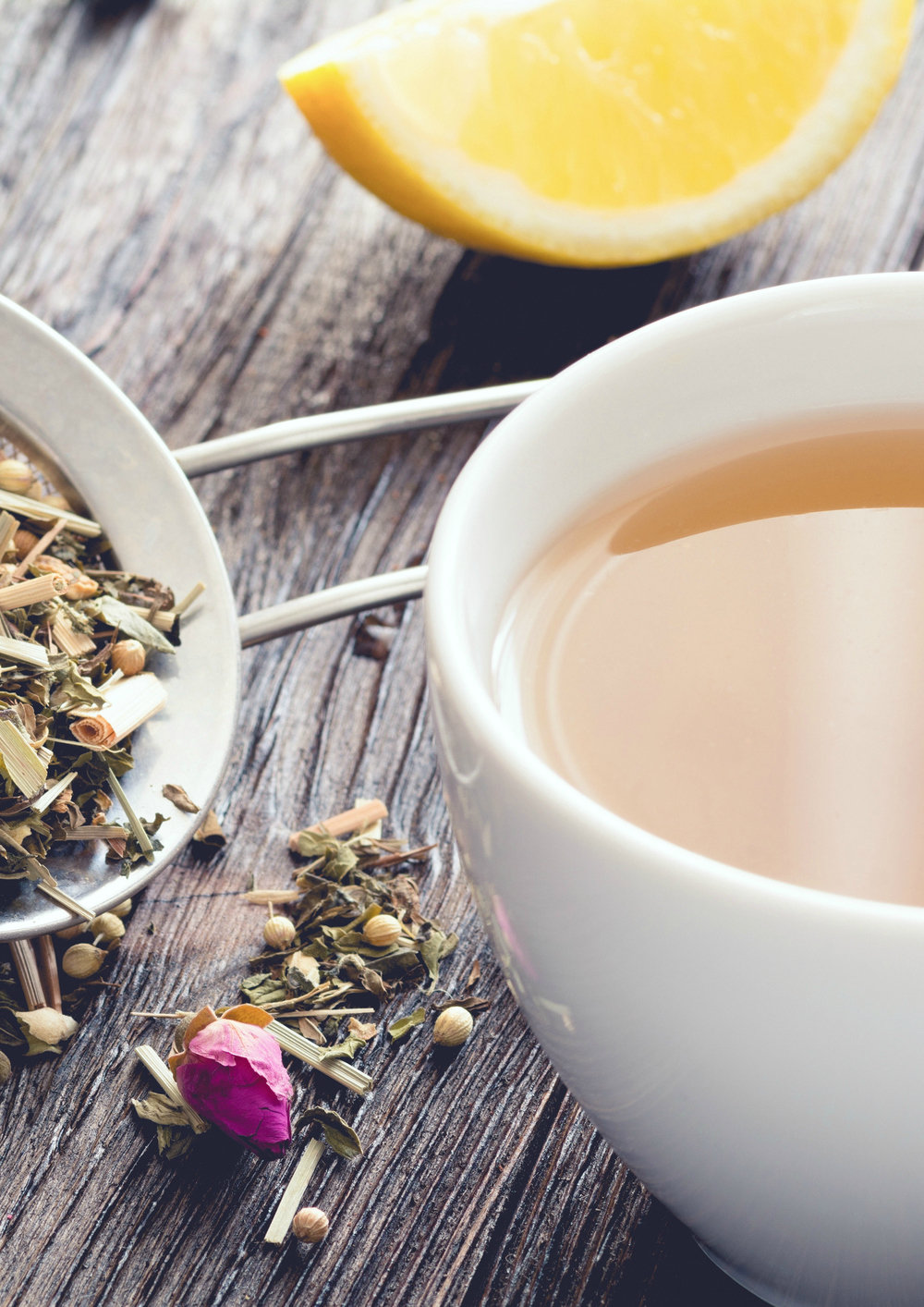
This fennel seed tea, with some lemon and honey, will not only help your tummy get unclogged, but it will relax you if taken right before bed and help you have a great night sleep.
Chop up some fennel and add to your favorite salad fro a refreshing summer touch and a healthy twist.
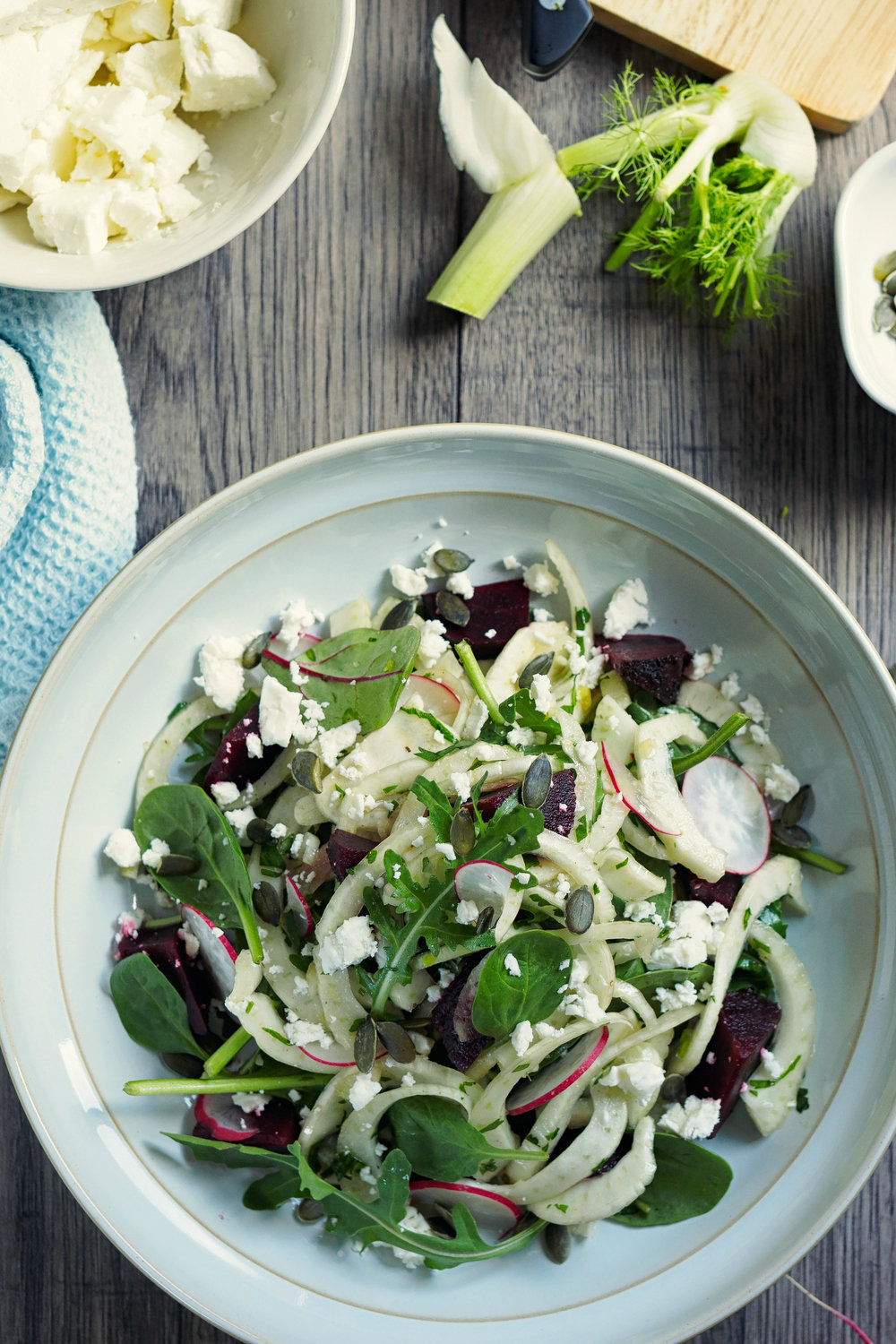
Fresh-cut fennel is sweet and refreshing and goes well with any green leaf salad.
Ginger is one of the world's best digestives.
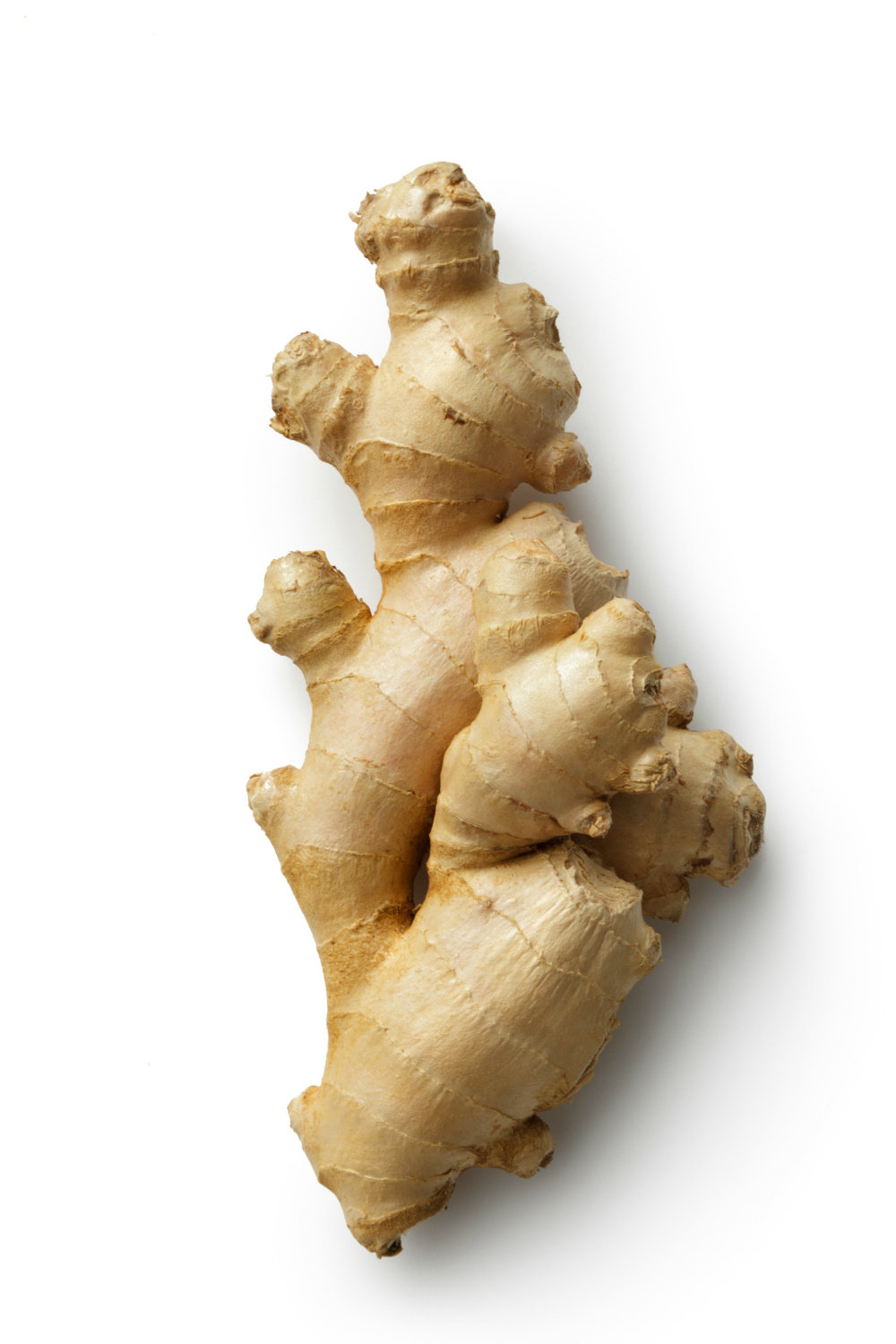
Ginger has made a comeback in recent years and with reason. There's few things we can add to our diet that are better for our organism than ginger.
Chewing some ginger by itself can help promote a better digestion.
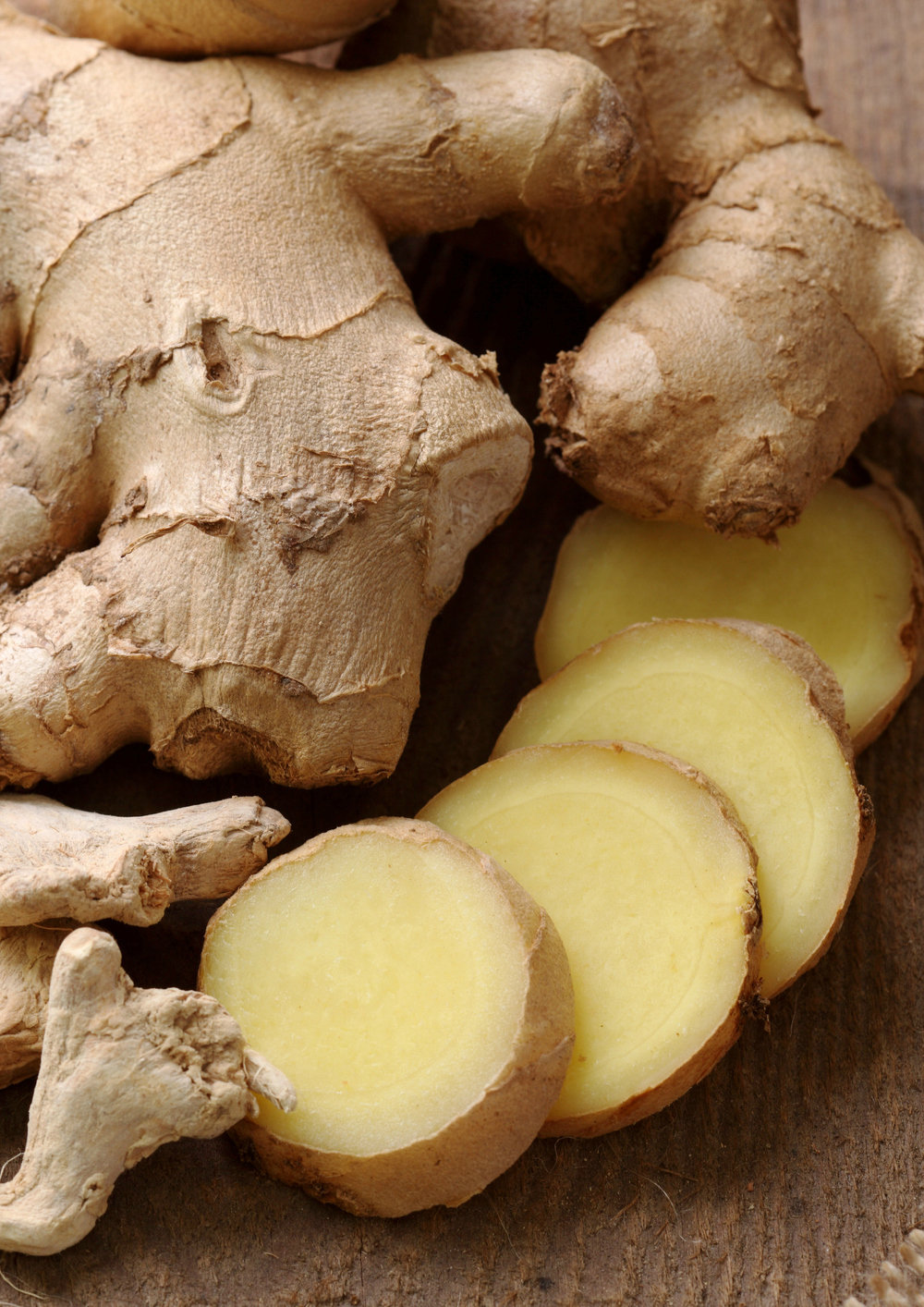
Just chew a few pieces of ginger after your meals and watch your tummy feel much better just a few minutes later.
Ginger is a great addition to any tea.
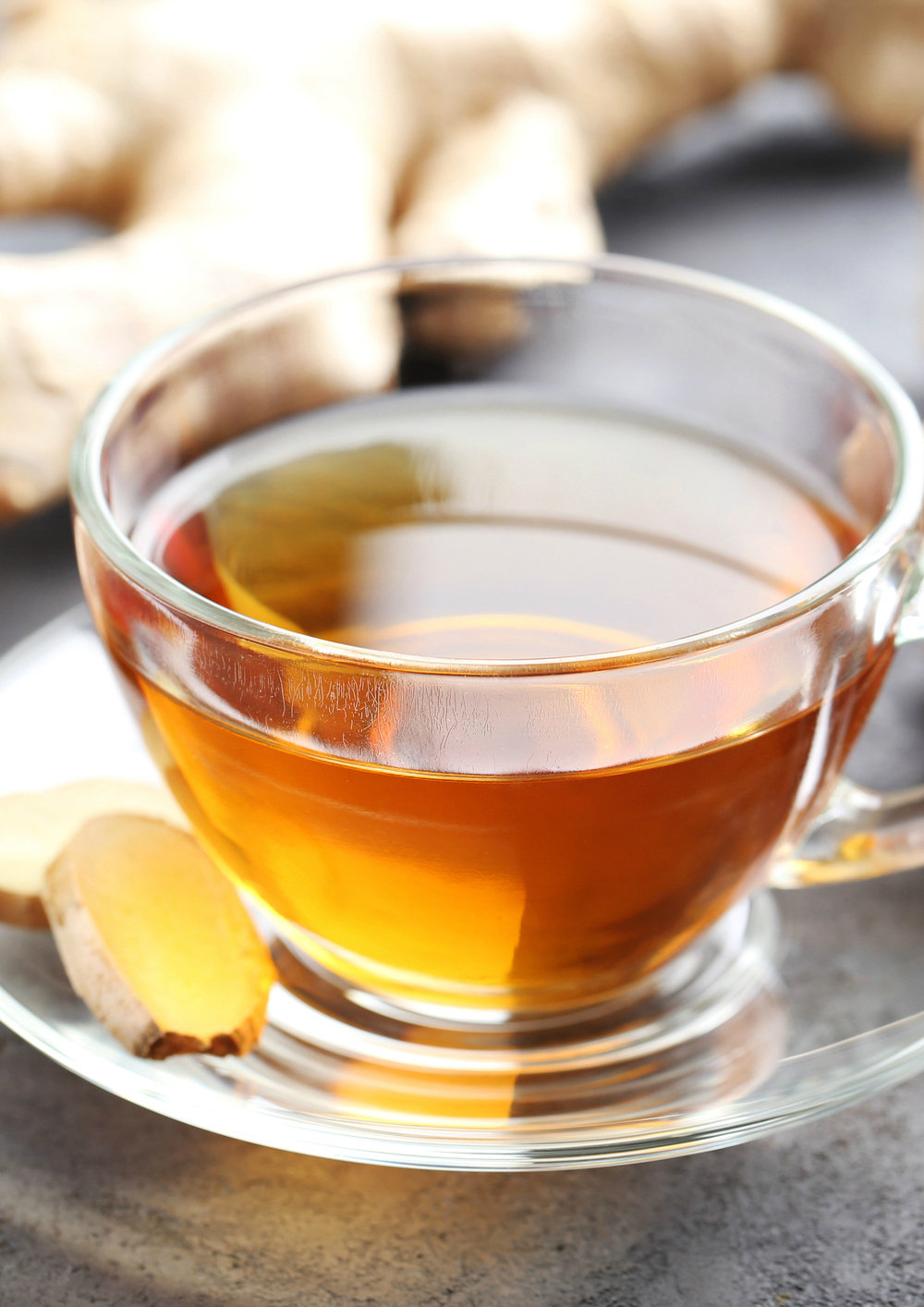
Either in the morning, instead of coffee, or at night, to help you unwind before bed. Boiling up some ginger and adding lemons and honey is really all you need to make your tummy smile.
It can also add a refreshing touch to your summer lemonade.
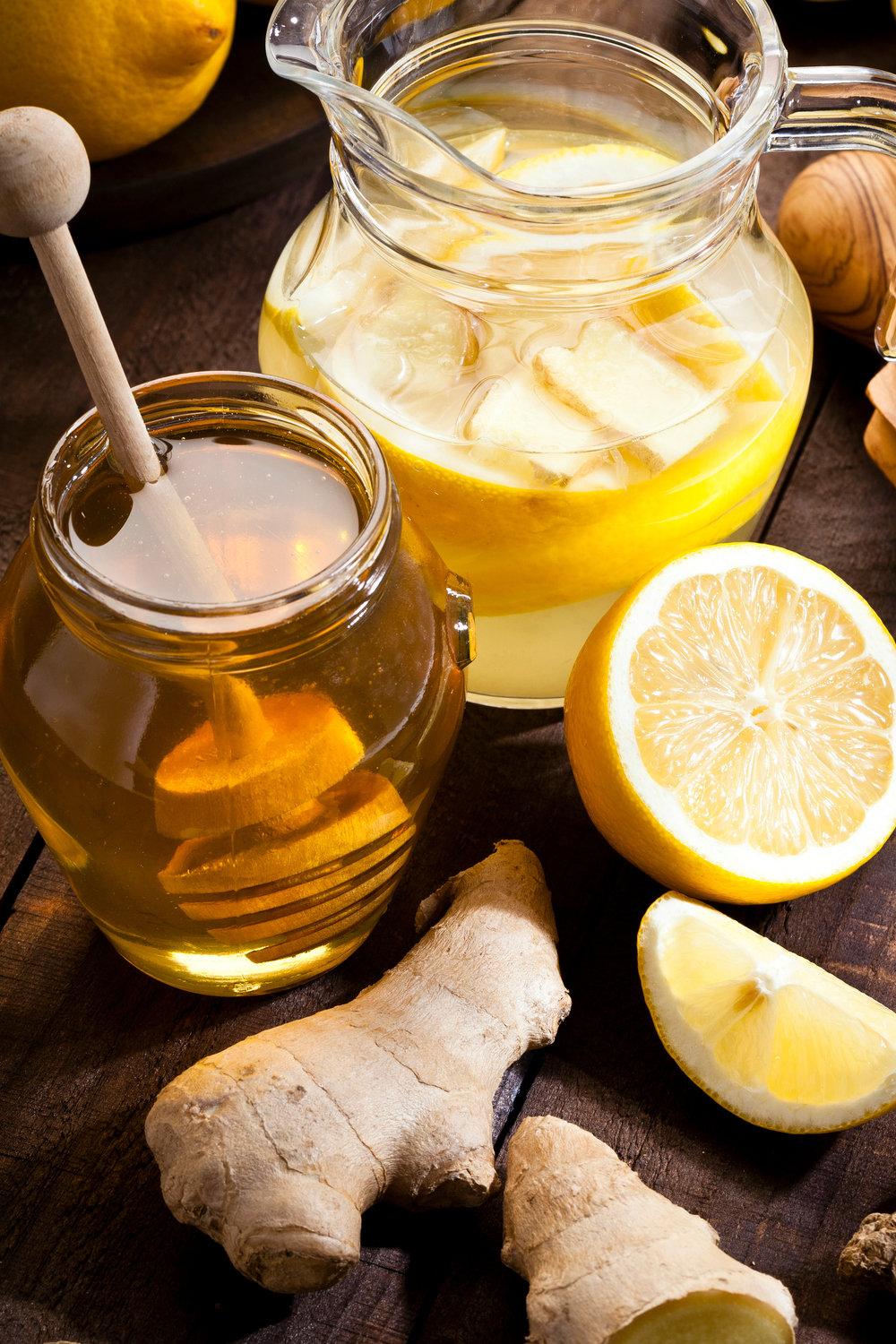
Add chunks of ginger to your summer-brew and a teaspoon of honey. You'll satisfy your sweet tooth, stay refreshed and your digestive tract will thank you.
Adding more probiotics to your diet will help you have a healthier digestion.
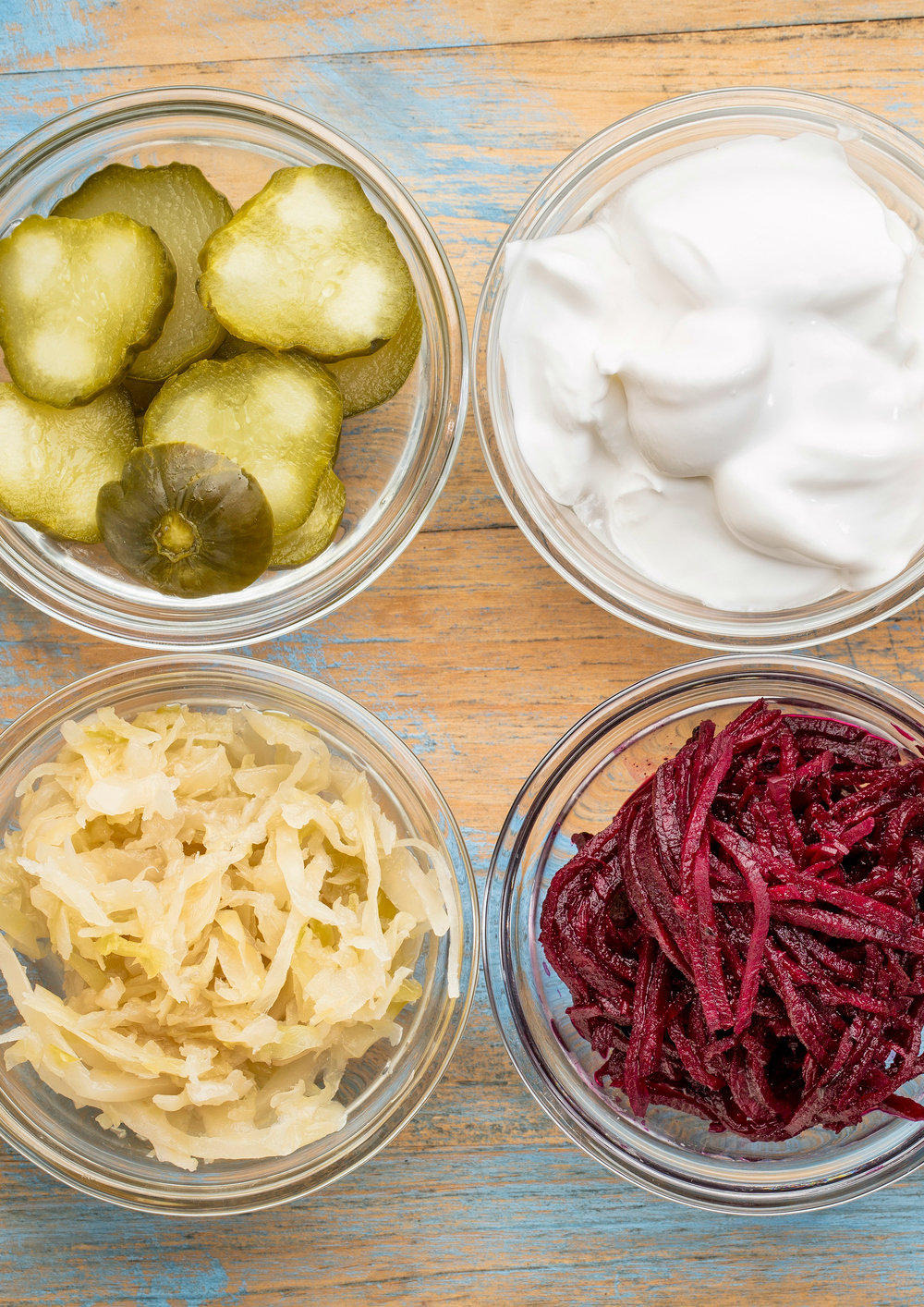
Probiotics are a natural gift this planet has given us to regulate our intestinal processes. Don't turn your back to them; embrace them!
Kimchi is a powerful probiatic and one of the reasons South Koreans have one of the world's longest life expectancy rates.
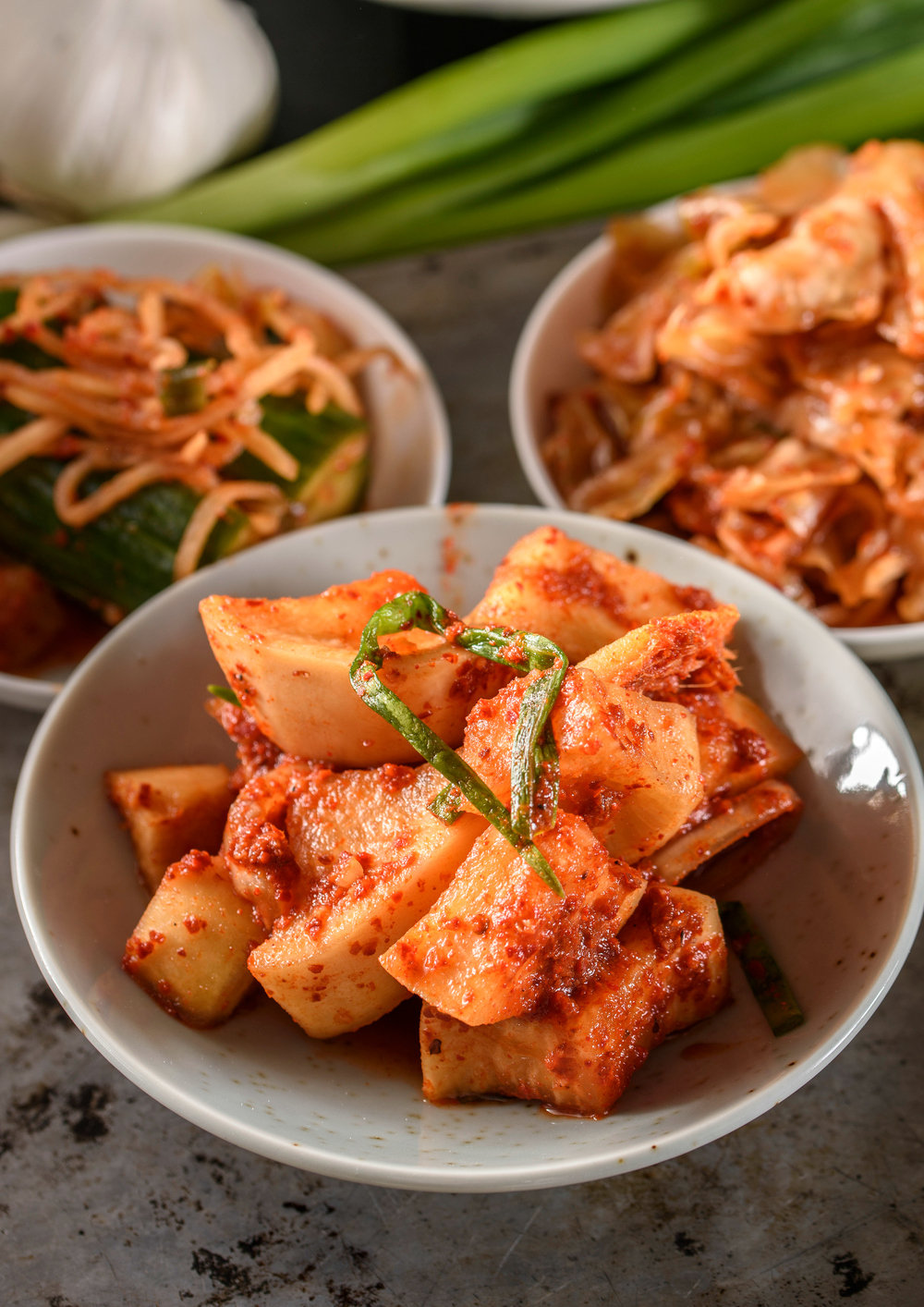
Any fermented food has probiotic features that will have a positive impact on your digestive processes, but fermented cabbage –or kimchi– is also deliciously spicy and a great way to help you stay healthy. Ask any South Korean why they always look so young.
Greek yogurt is the perfect complement to any meal.
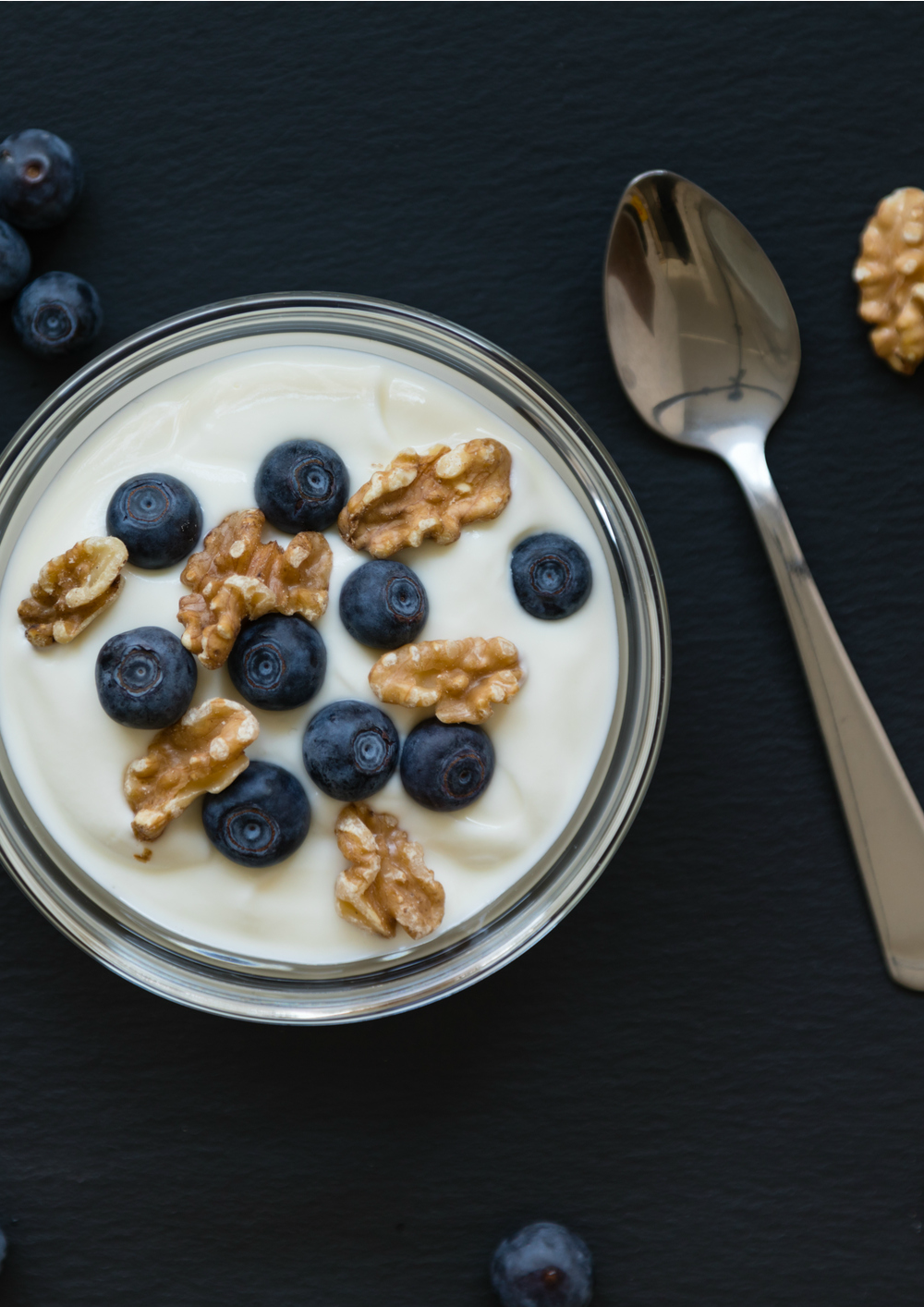
It's fulfilling as breakfast, great as a lunch-alternative, and light enough to be considered a healthy dinner. Greek yougurt with some mixed fruit and nuts (or cereal) is a great and delicious way to add probiotics to your diet on a daily basis.
Sauerkraut will go well with any meat dish and help your tummy stay regular.
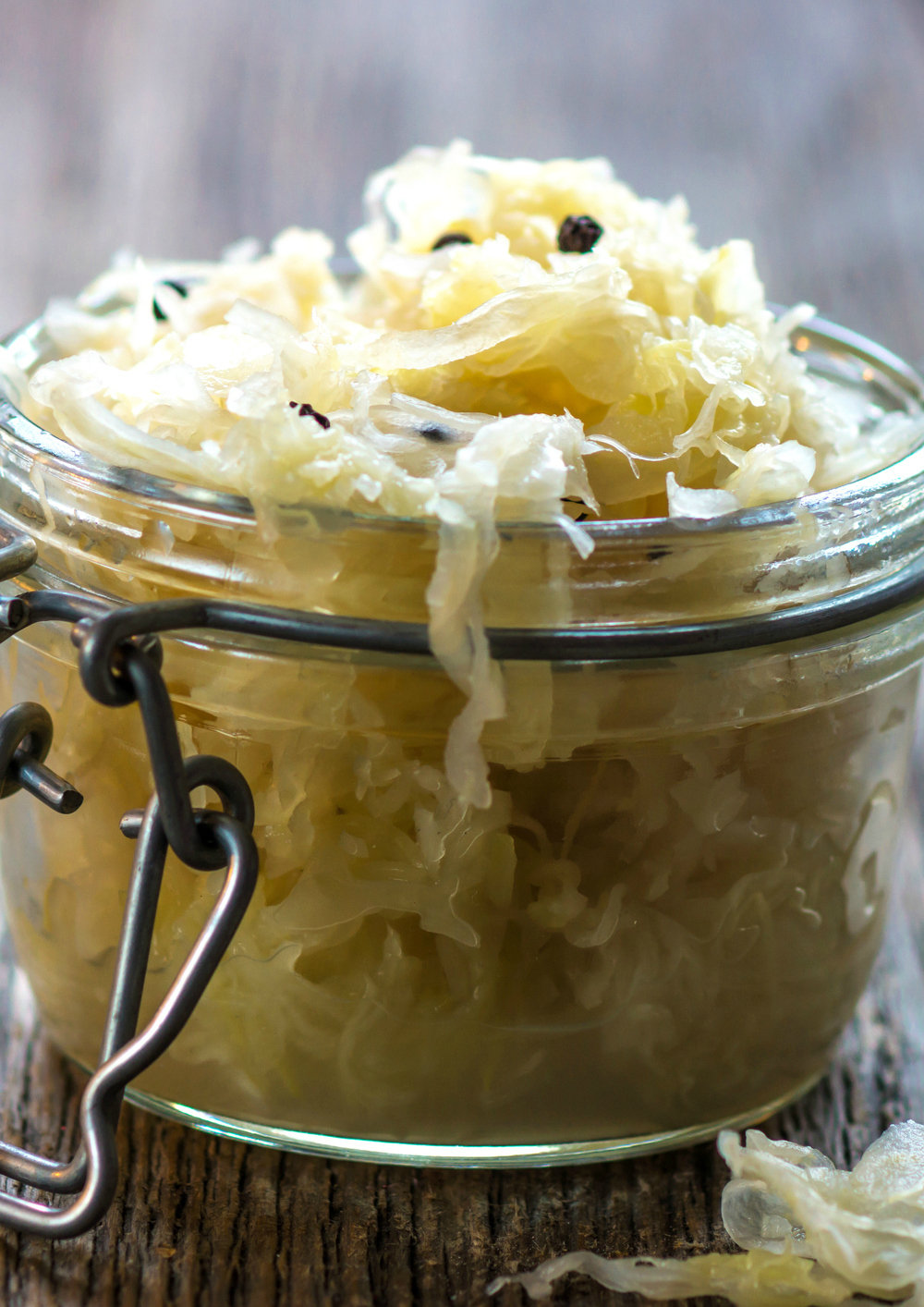
Kimchi's western sibling, sauerkraut has become a staple of Nordic cuisine and is an easy way to increase you probiotic intake.
Drinking more water is an easy way to help your stomach stay on top of its duties during the digestive process.

Life gets in the way and, sometimes, we forget the real basics. Doctors recomend drinking eight 8-oz glasses of water a day. That's half a gallon of water, daily. It could take some work and may mean more trips to the bathroom, but your stomach will thank you graciously if you stick to this plan.
Doubling down the water intake when exercising is essential.

Our bodies are made up of about 60 percent of water, and when we exercise we lose a lot of that liquid rapidly. Make sure we stay hydrated is key to secure a positive digestive process, so make sure you double down your water intake when exercising.
Alcohol dehydrates you, so make sure you always drink water while out drinking with friends.

Having a drink here or there is fine, but you need to replenish your body hydatrion levels because alcohol tends to dehydrate you rapidly. Usually, drinking one full glass of water per every alcoholic drink should do the trick. Plus, you'll feel more satiated, you'll drink less, and you'll also prevent the dreaded hangover.
Skip sodas and juices with your meals; just add some flavor to your water.
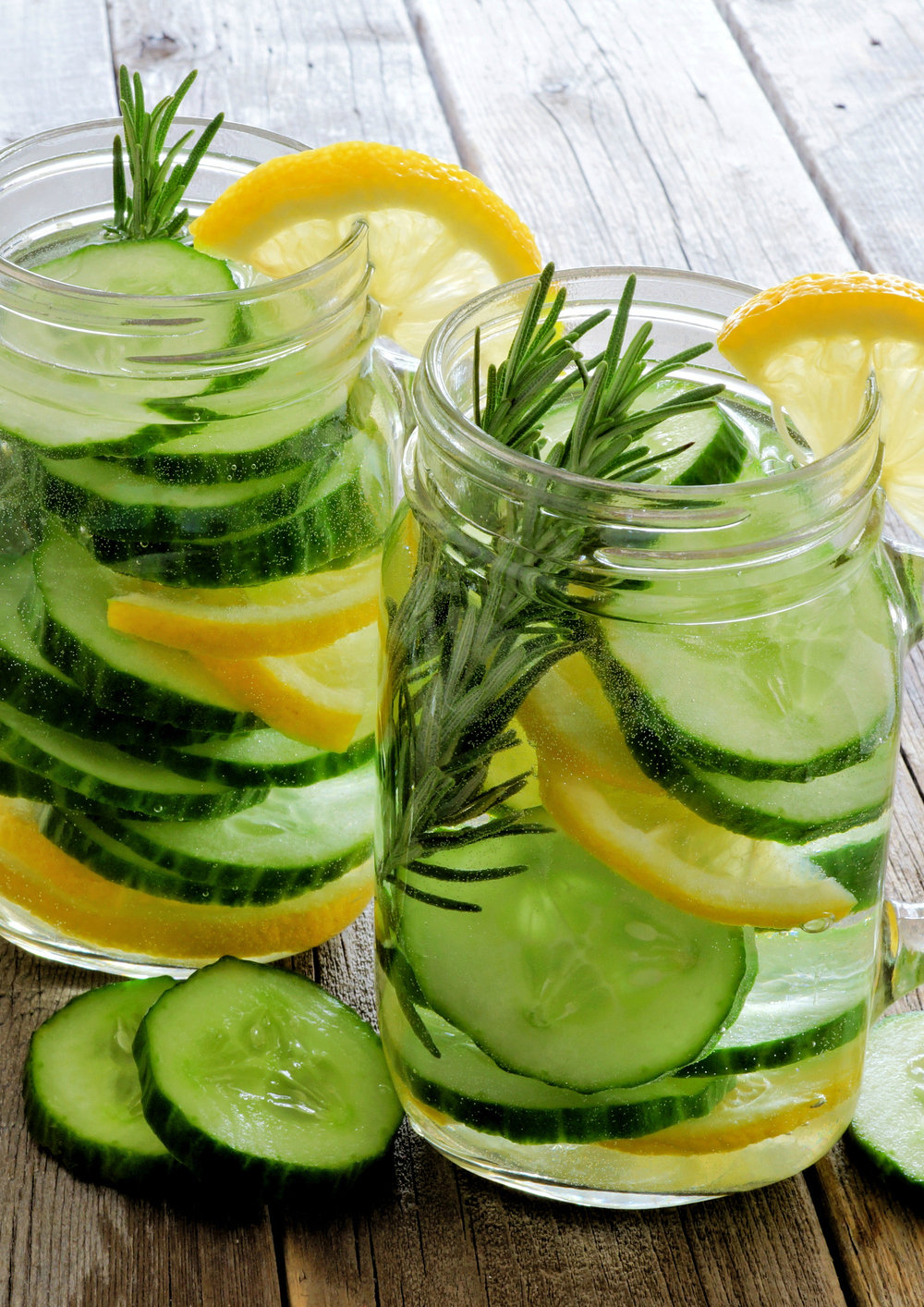
If plain tasting water doesn't do it for you, add cucumber, rosemary, rose petals or lemon to your water during meals. Anything is better than high-sugared soda drinks and juices. Your digestion will be all that more effcient.
Garlic is a powerful source of anti-inflamatory agents.
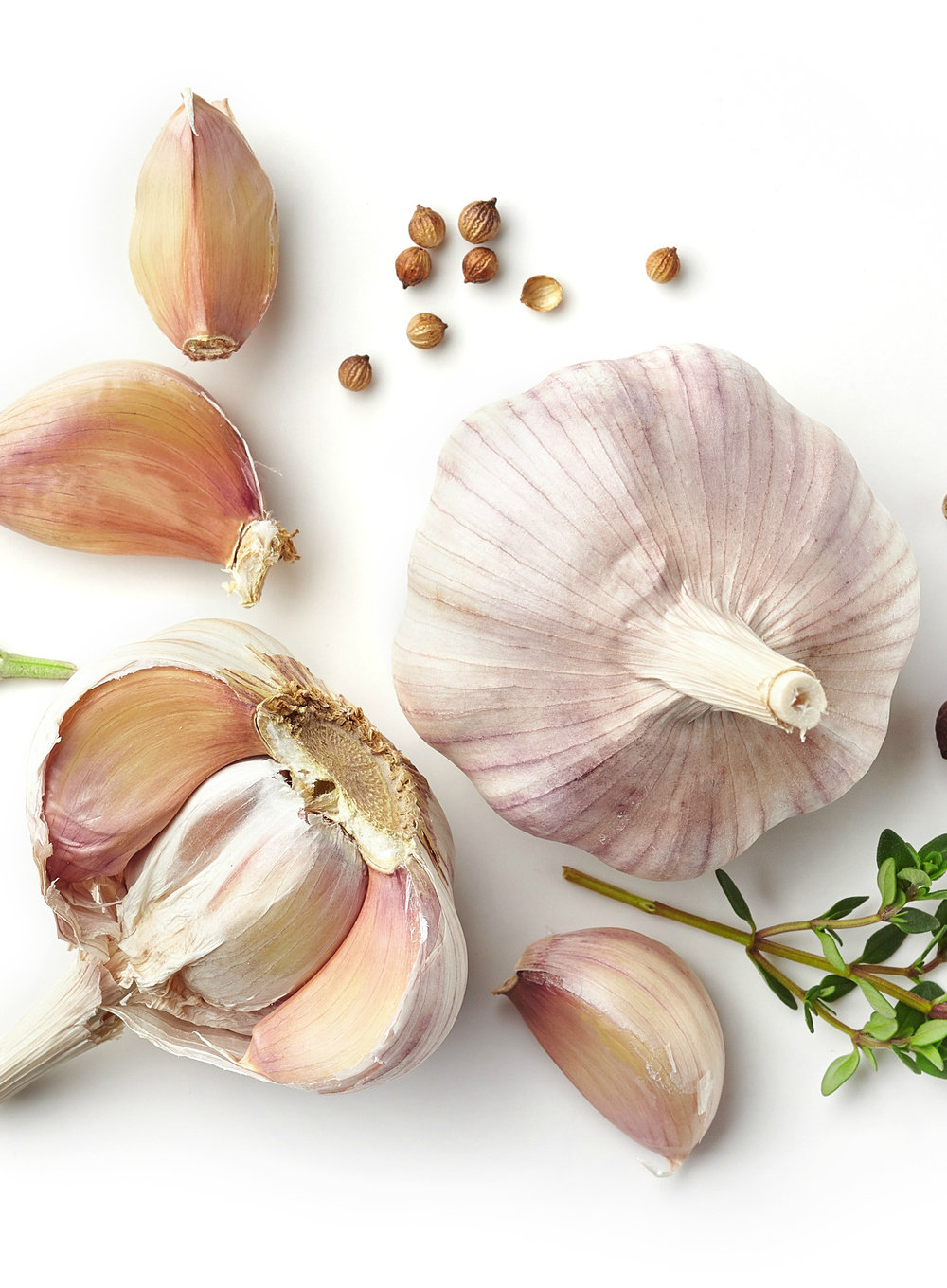
It doesn't help you breath, but garlic is a natural antibiotic and expectorant, which can help you reduce gas and indigestion.
Italians have figured this out and their garlic-heavy dishes are much easier on their stomachs than garlic-free options.

Talk about finding the right balance. Heavy sauces and pasta dishes are much easier on your belly if they are laced with wonderfully tasting garlic.
As weird as it may sound, garlic tea is a thing and it's great for your digestion.
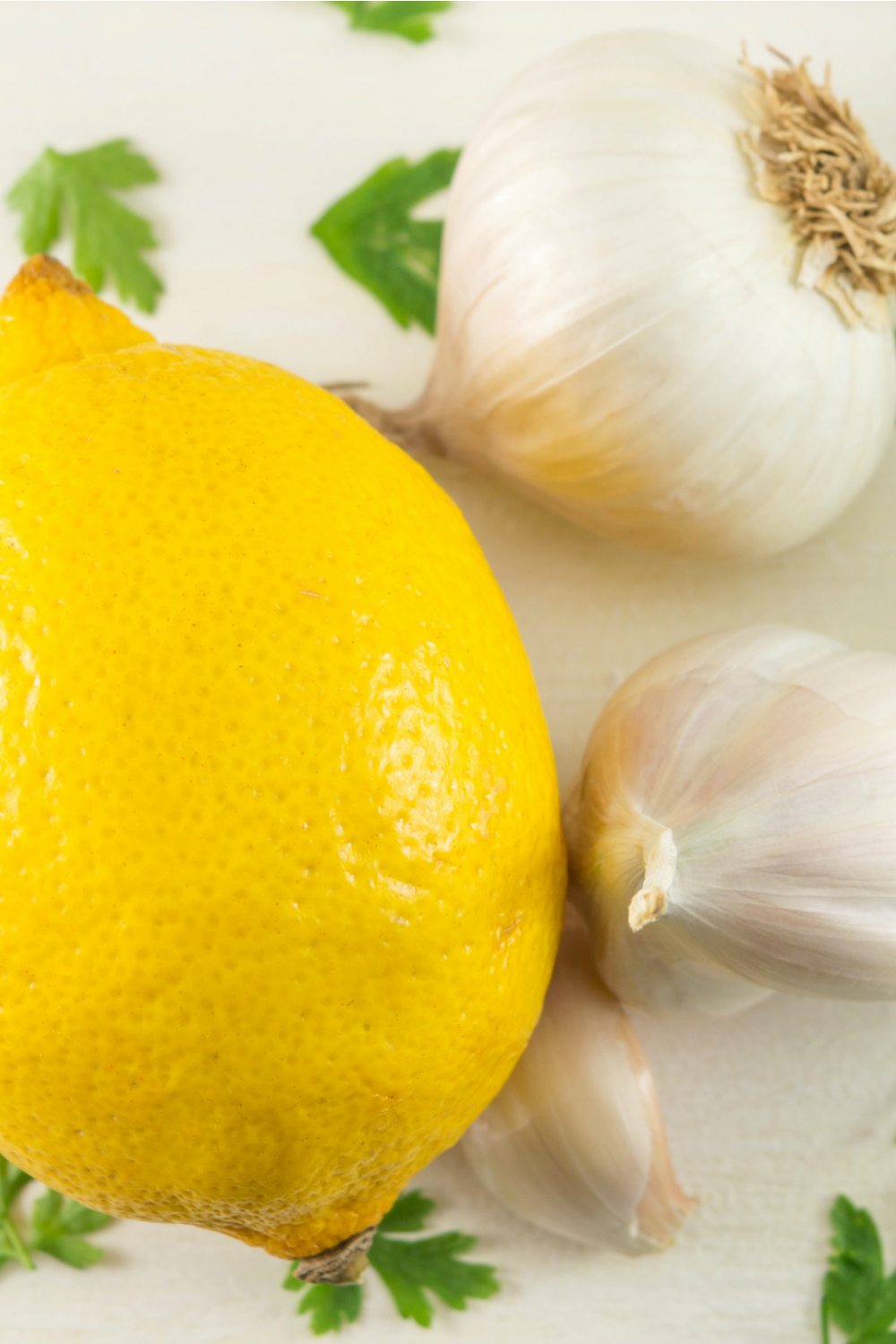
Boil some water and let garlic cloves with small cuts in them brew on it. You can even smash it for better results. If the taste gets too pungy for you, add some lemon to cut it. This works wonders on your intestine.
Roasted garlic spread on toast or eated whole also does the trick.
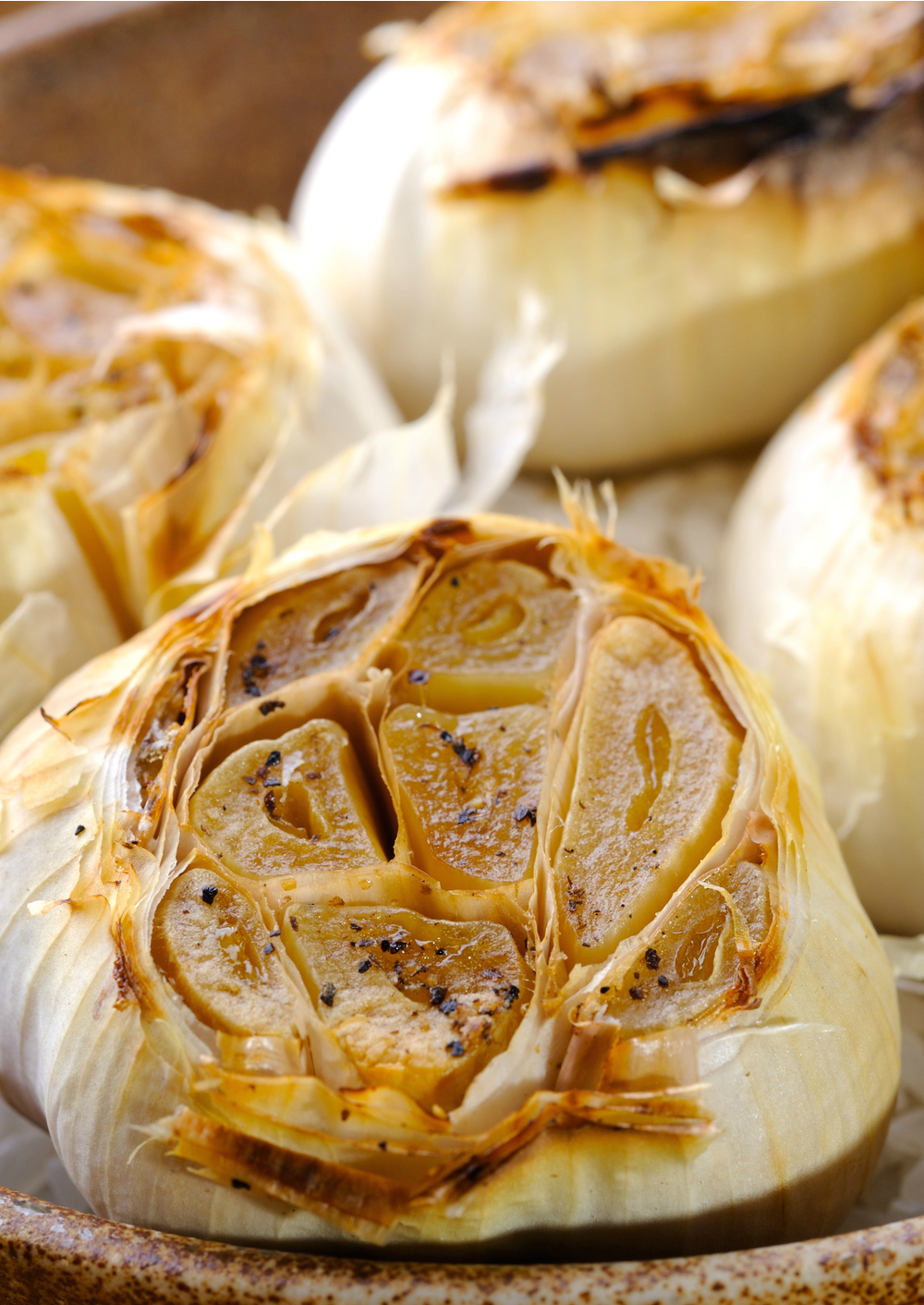
There is no shortage of ways you can consume this amazing natural antibiotic. Roasted garlic, with a pinch of salt, can go great with your morning toast and it will help you kick start your stomach from early on in the morning.
Peppermint is a great gift to your digestion.
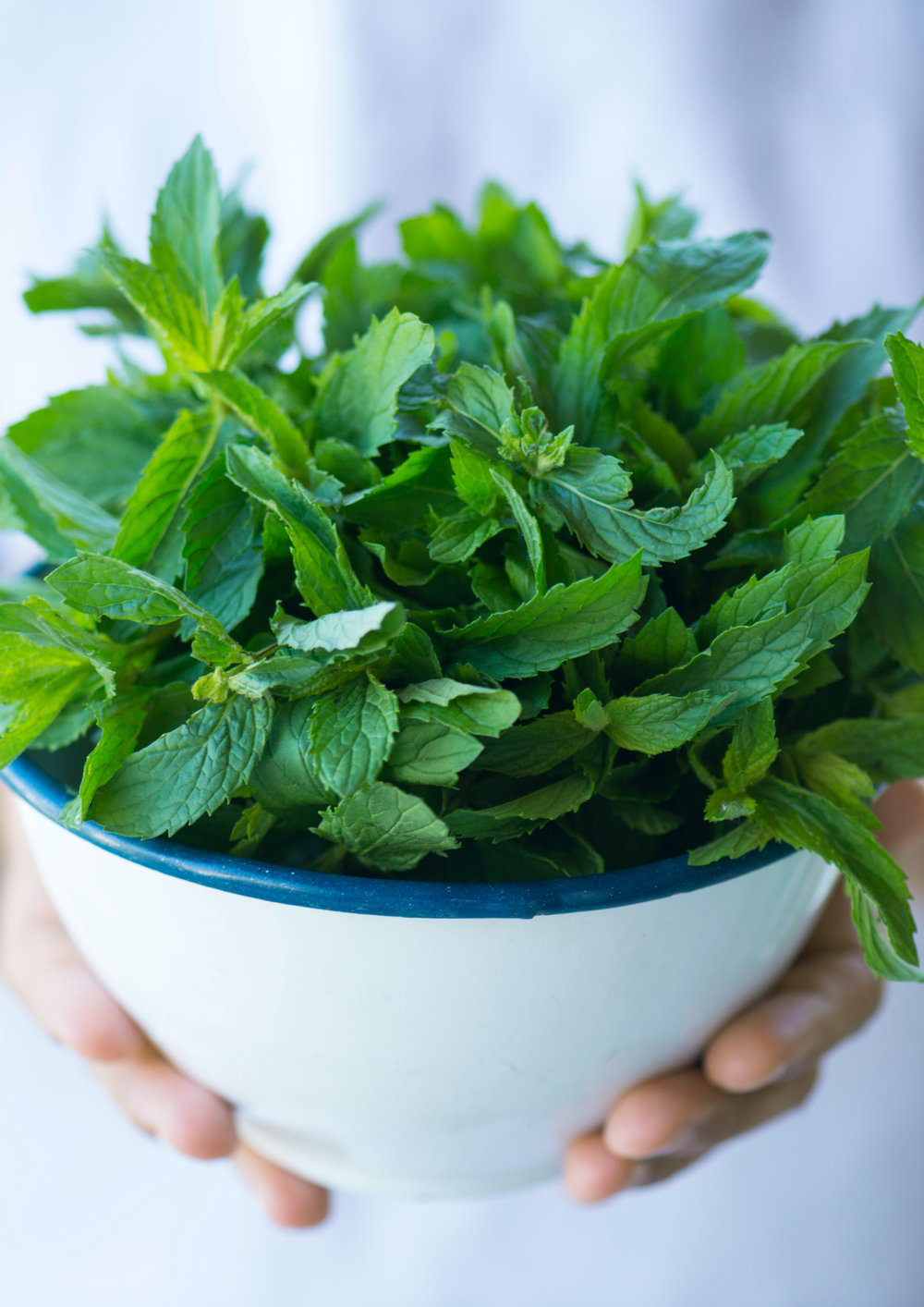
Peppermint herb has properties that help treat gas, bloating and even nausea. You'll be doing your body a favor by fueling up on it.
Peppermint tea will help your stomach feel a lot lighter.
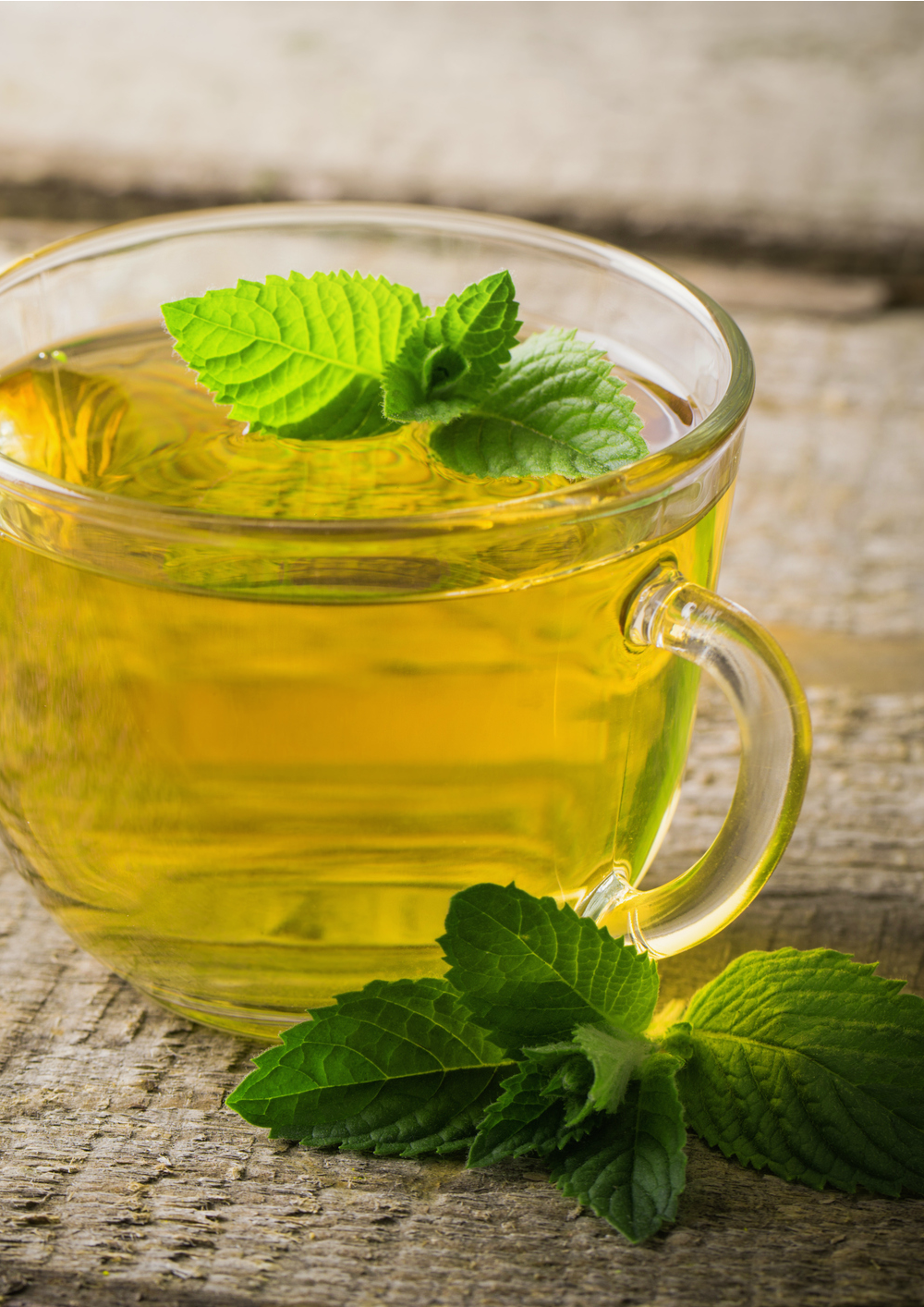
Drink it after meals as a natural way to help your digestive process run its course.
You can add peppermint to any summer salad for a great tasting touch.

It's refreshing and goes well with any condiment you want to add to a salad. Plus, it will help you digest everything better and faster.
If you feel in need of a boost, peppermint oil pills can be the answer.
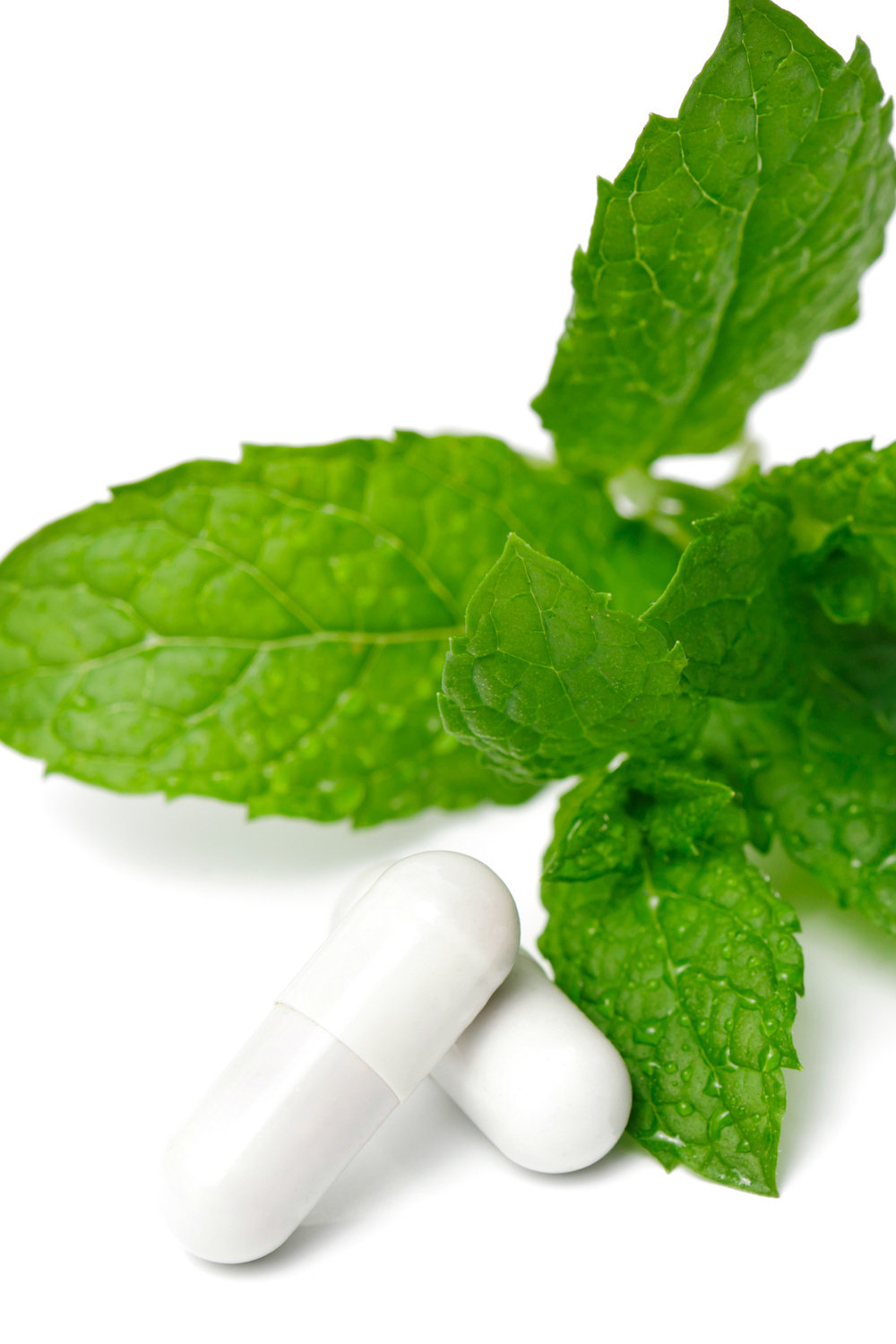
If you are feeling sluggish, constipated or low on energy, it may be due to a severe indigestion. Your body will need to reboot, so taking enteric-coated peppermint oil capsules 3 or 4 times a day for a few weeks will help greatly.
Finding ways to relieve stress in your daily routine is key for a healty digestion.

It's not always easy and that's why you need to be extra conscious about it. Making sure we find way to de-stress on a daily basis is a sure-fire way to maintain a healthier digestive system.
Yoga and meditation can help you reduce stress greatly.

Don't think of it as excercise; try to incorporate these to your daily routines to help your mind even more so than your body.
Walking keeps blood circulating and helps you balance the chemicals in your stomach.

Indigestion breeds on sedentary bodies, so you need to move vigorously to fight it. A 20-minute daily walk will help you have a healthier digestive process.
You can't go wrong with a nap mid-afternoon, but not right after a meal.

A 30-minute nap (not less, because you won't reach your REM sleep cycle) can be a great way to feel refreshed and fight off stress, which in turn will help your digestion. Just make sure it's not right after a meal, as it will actually be counterproductive.




